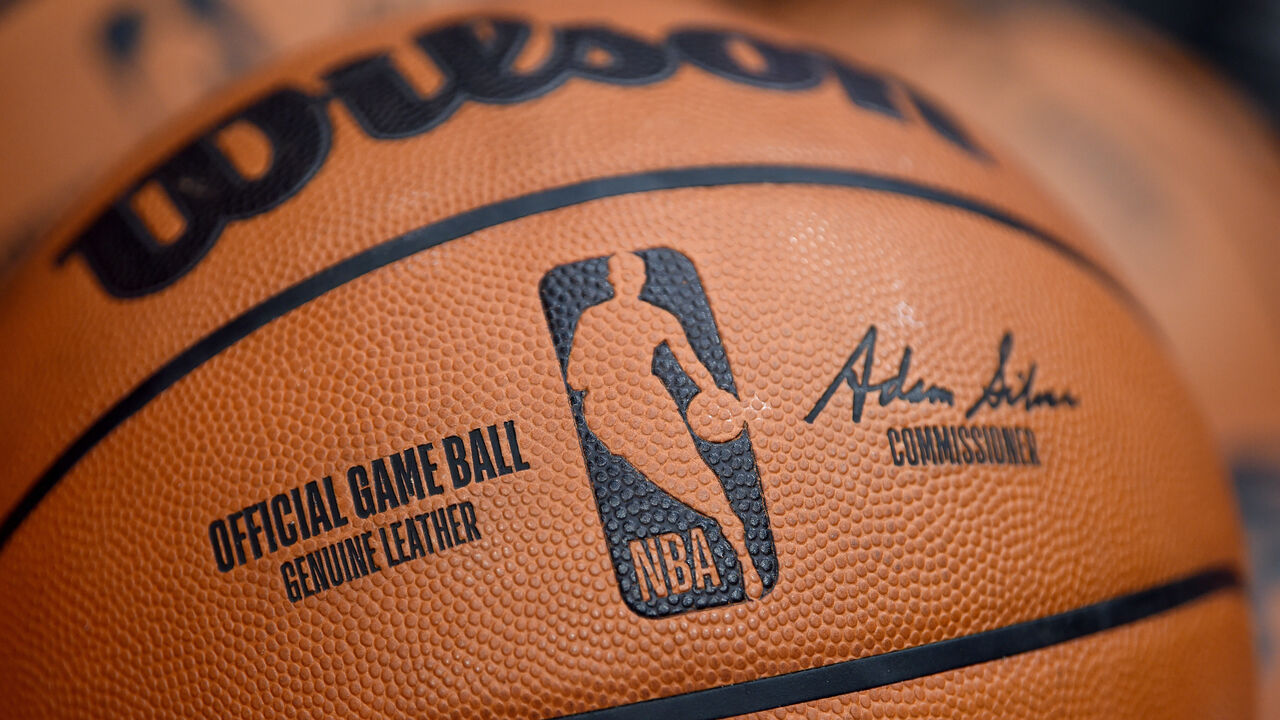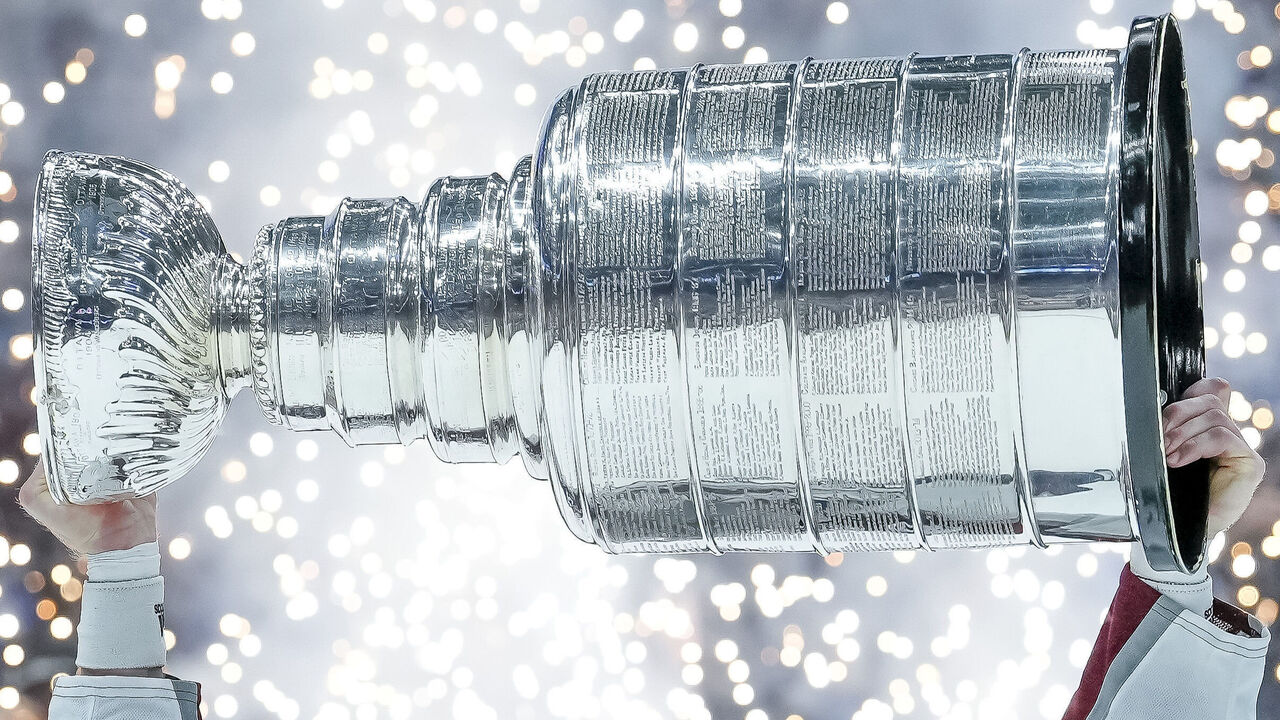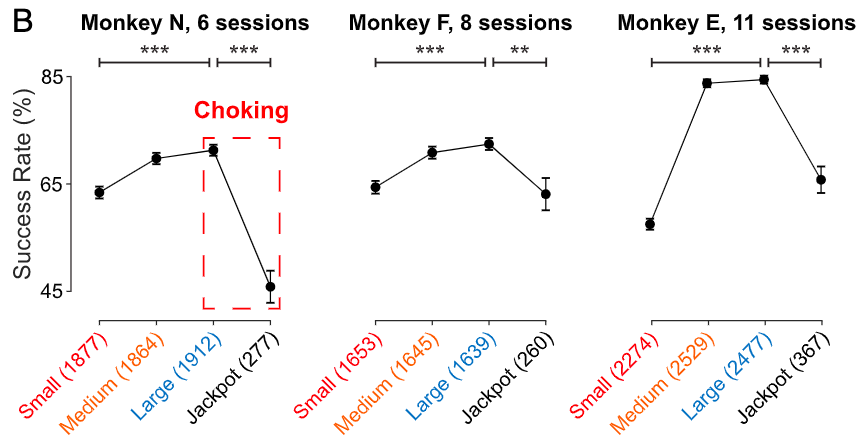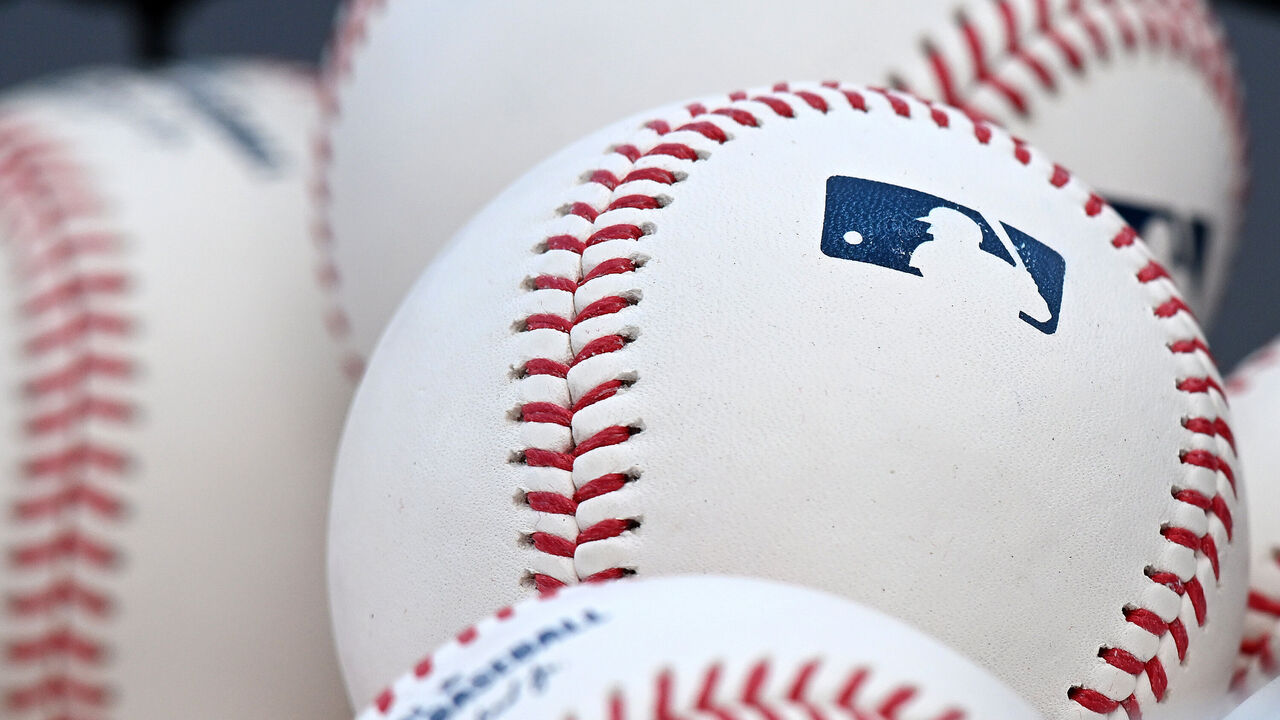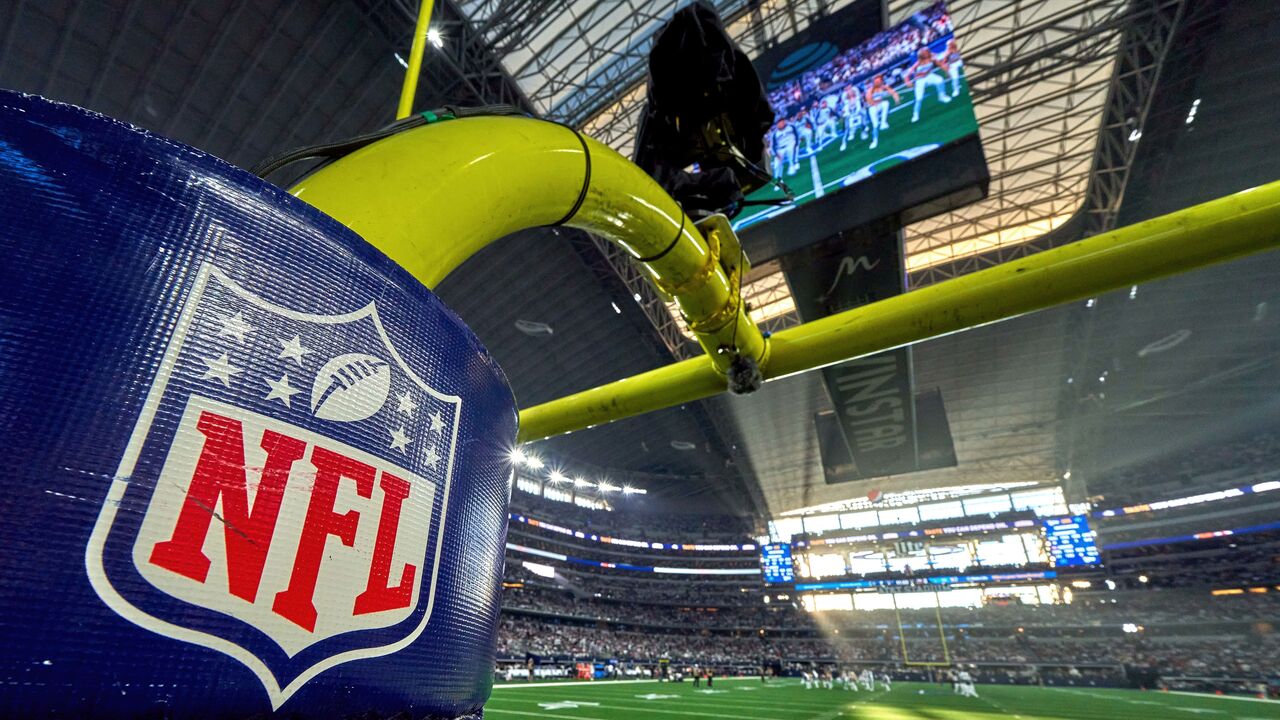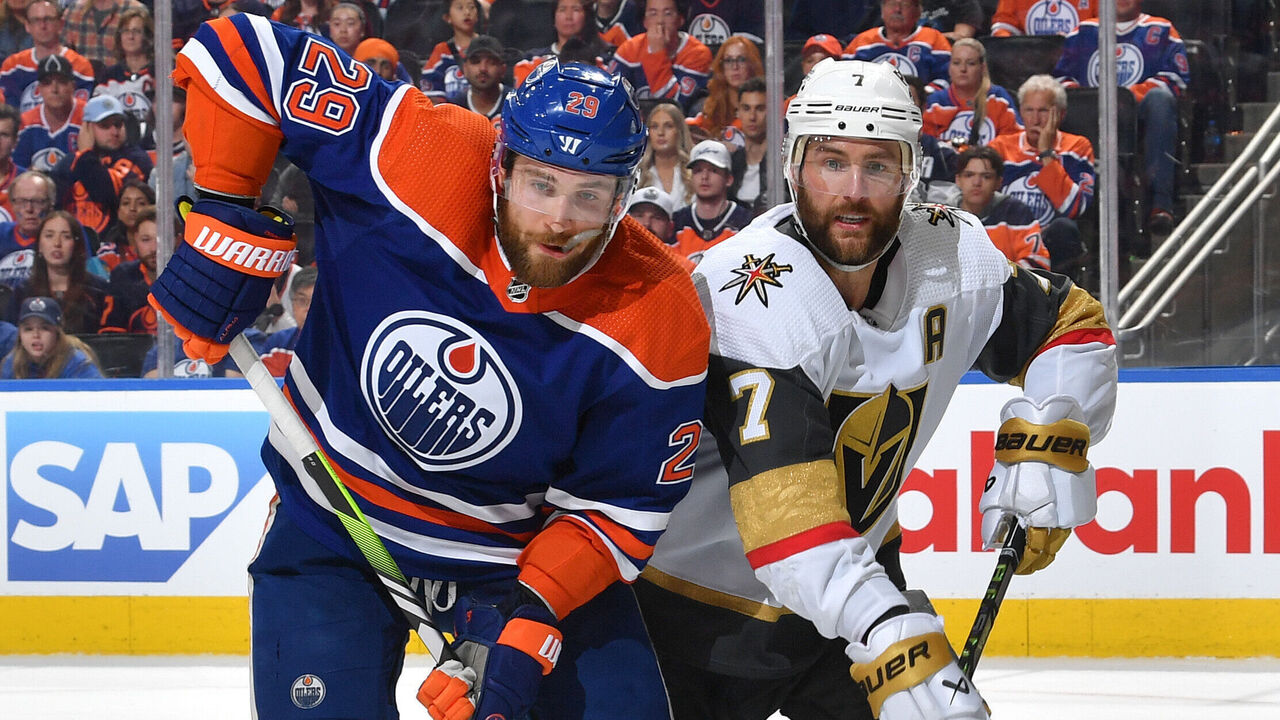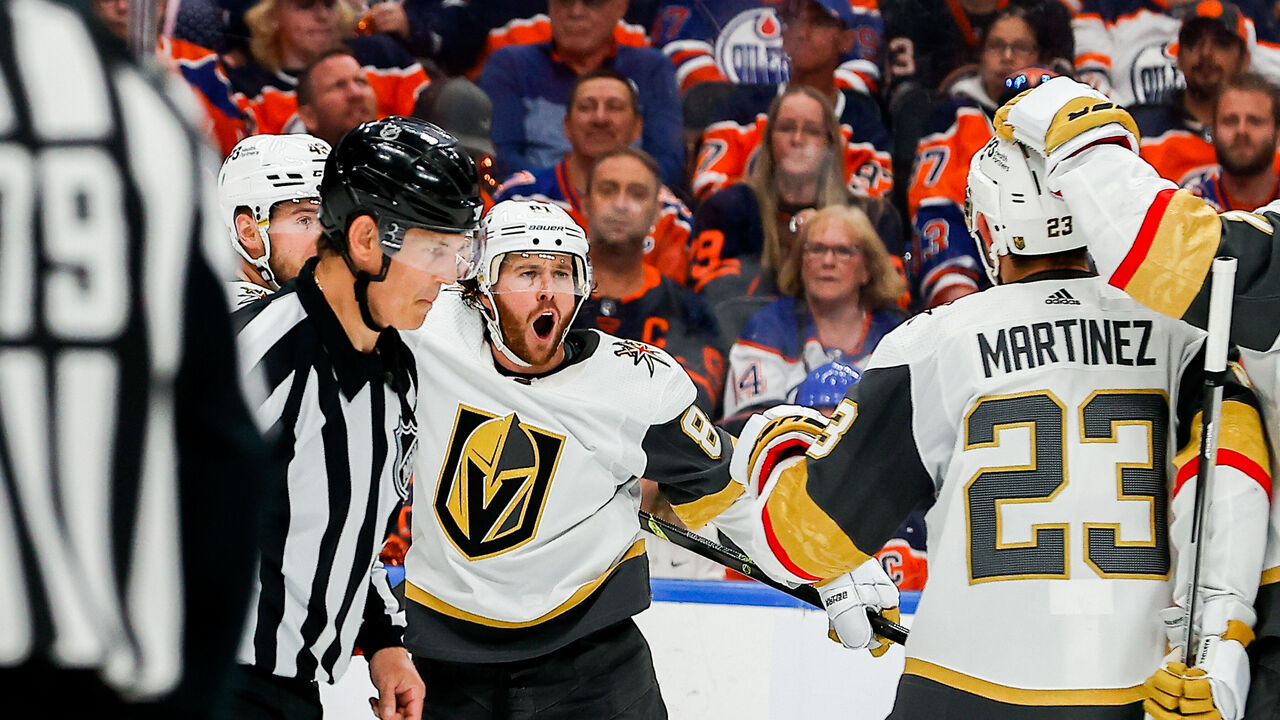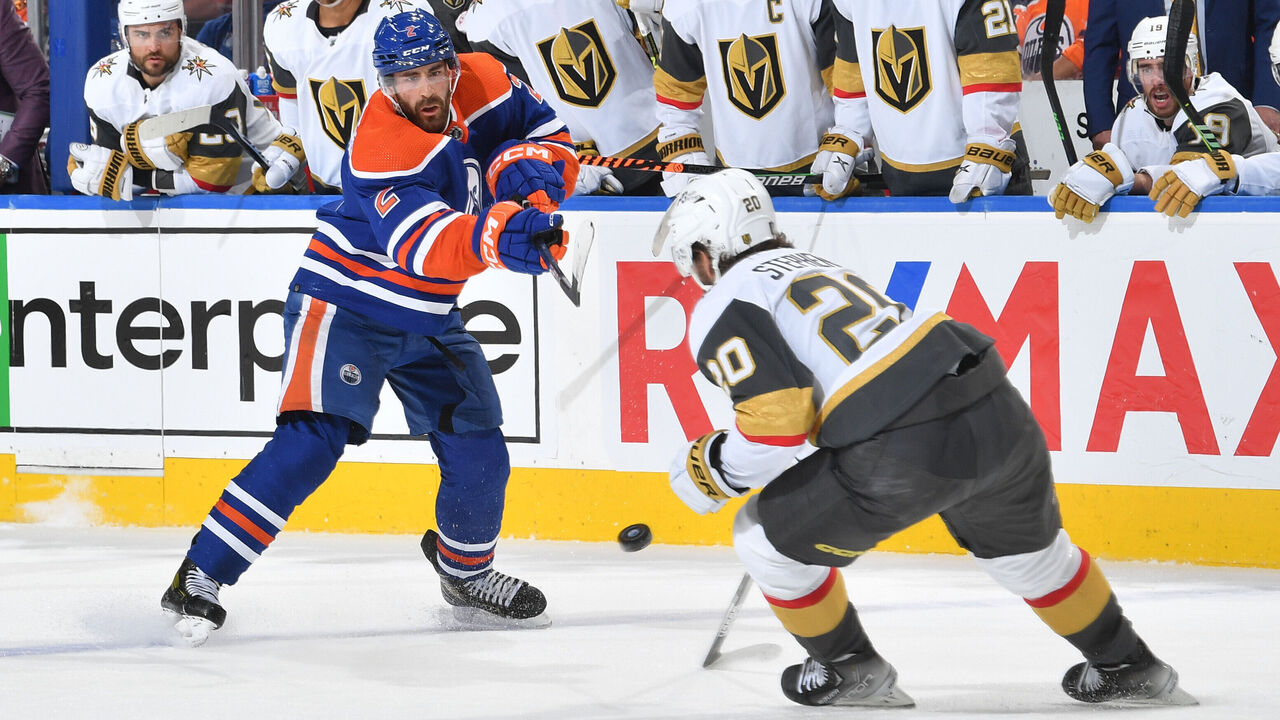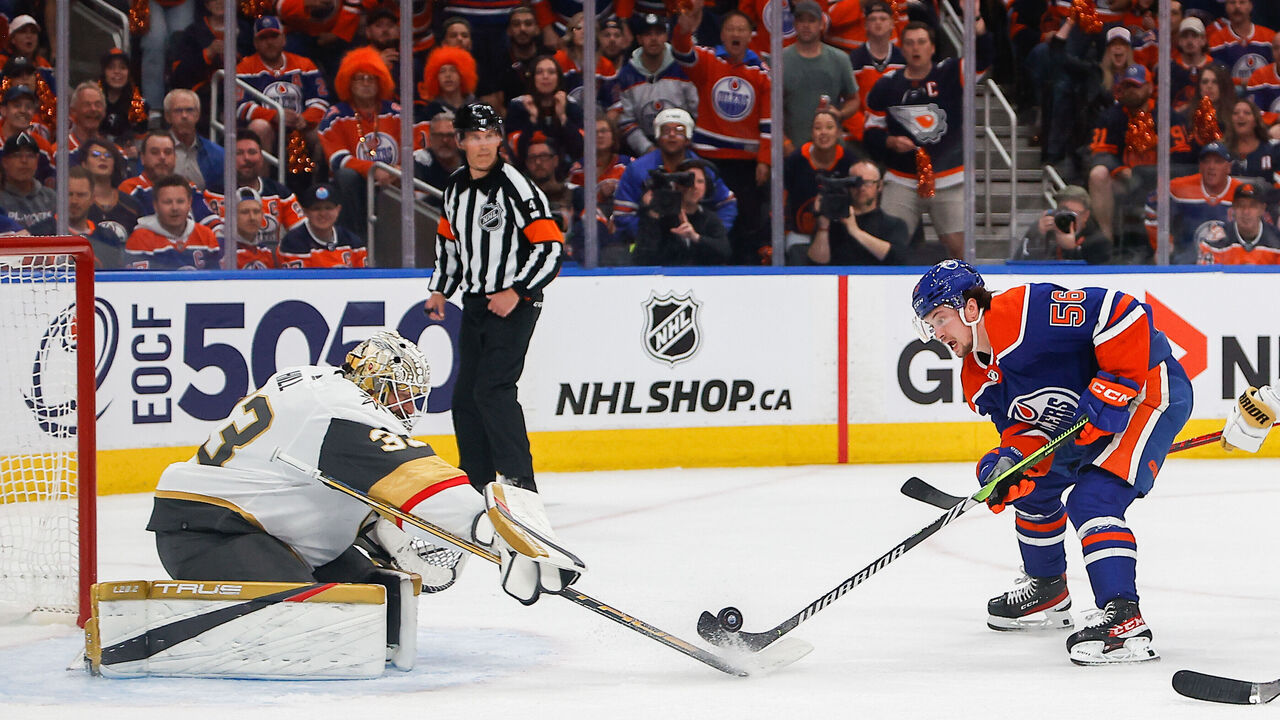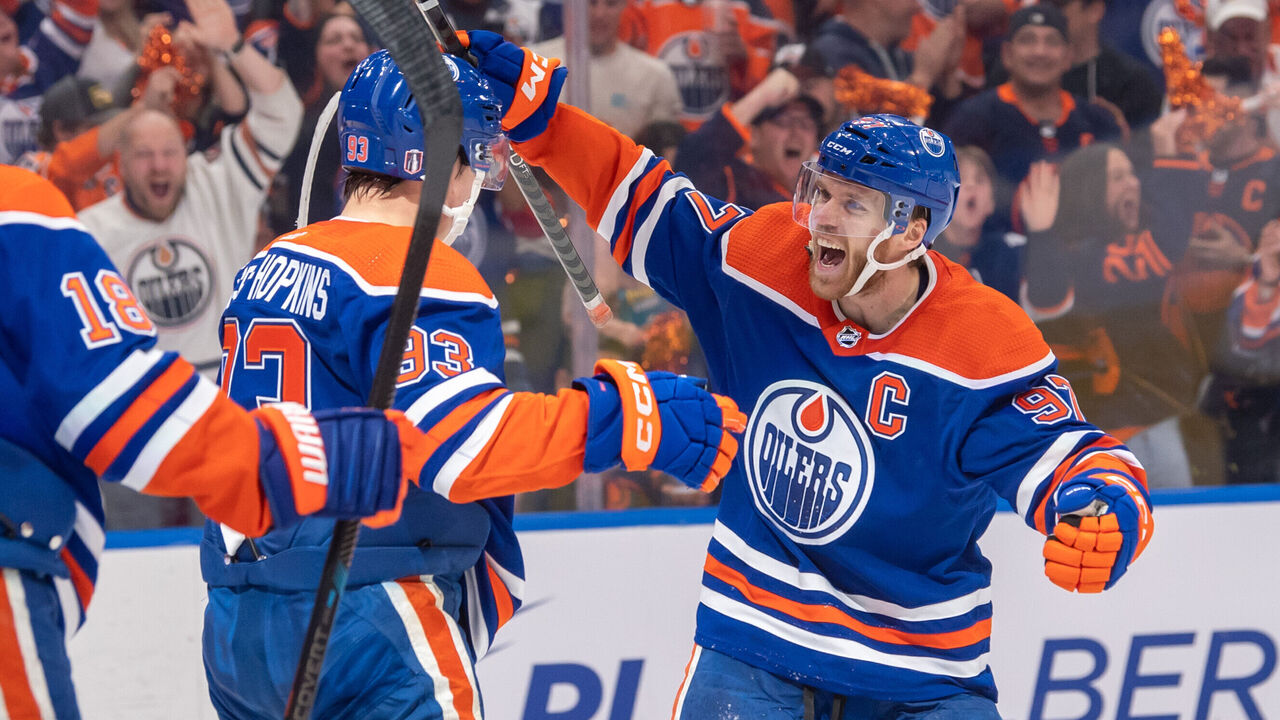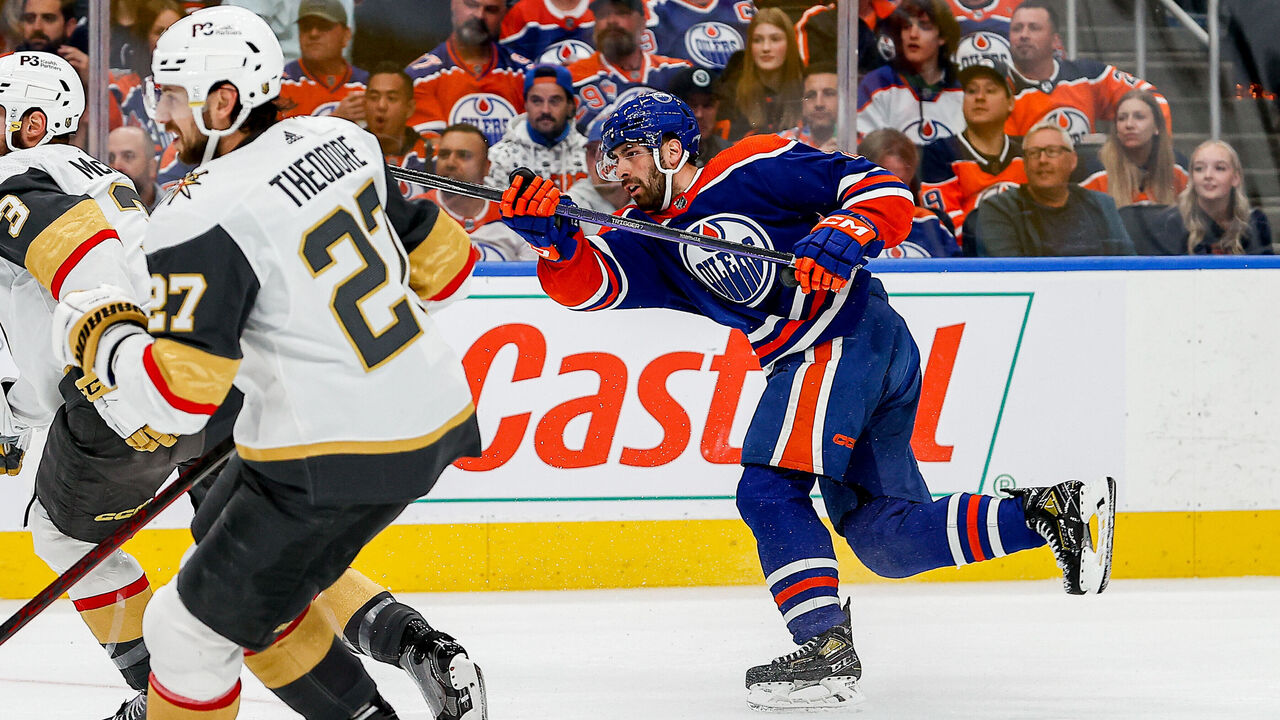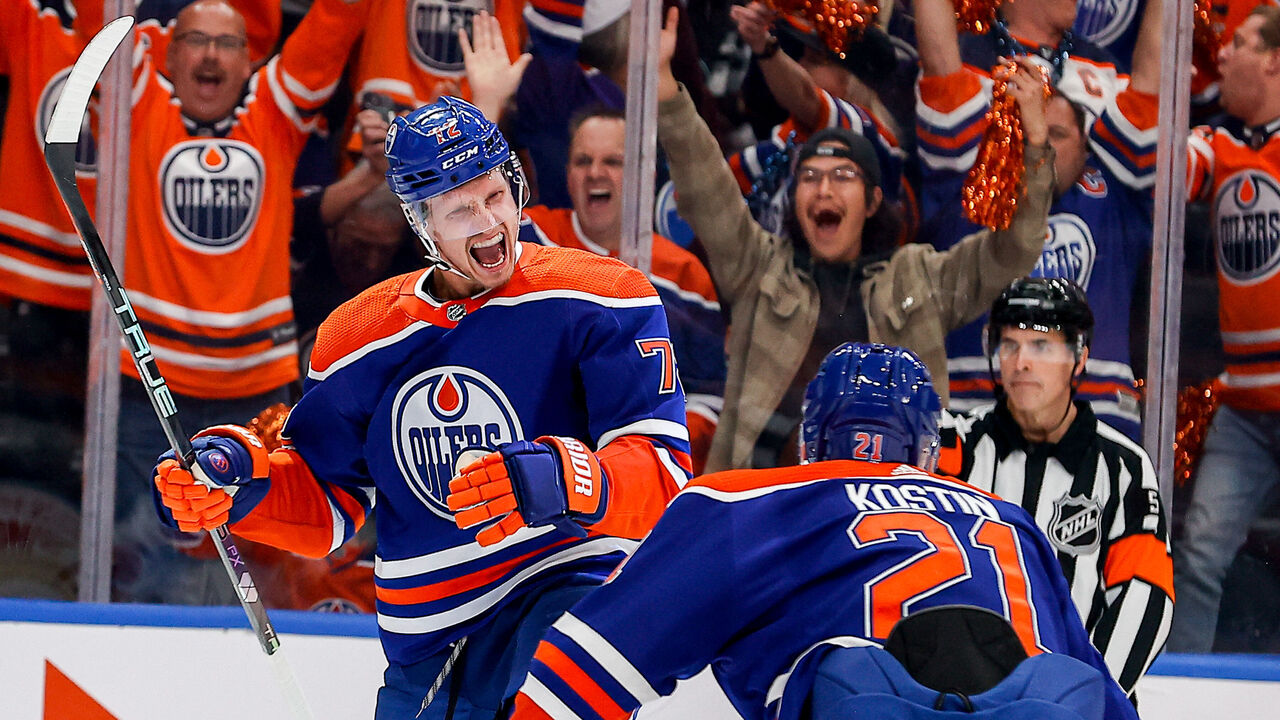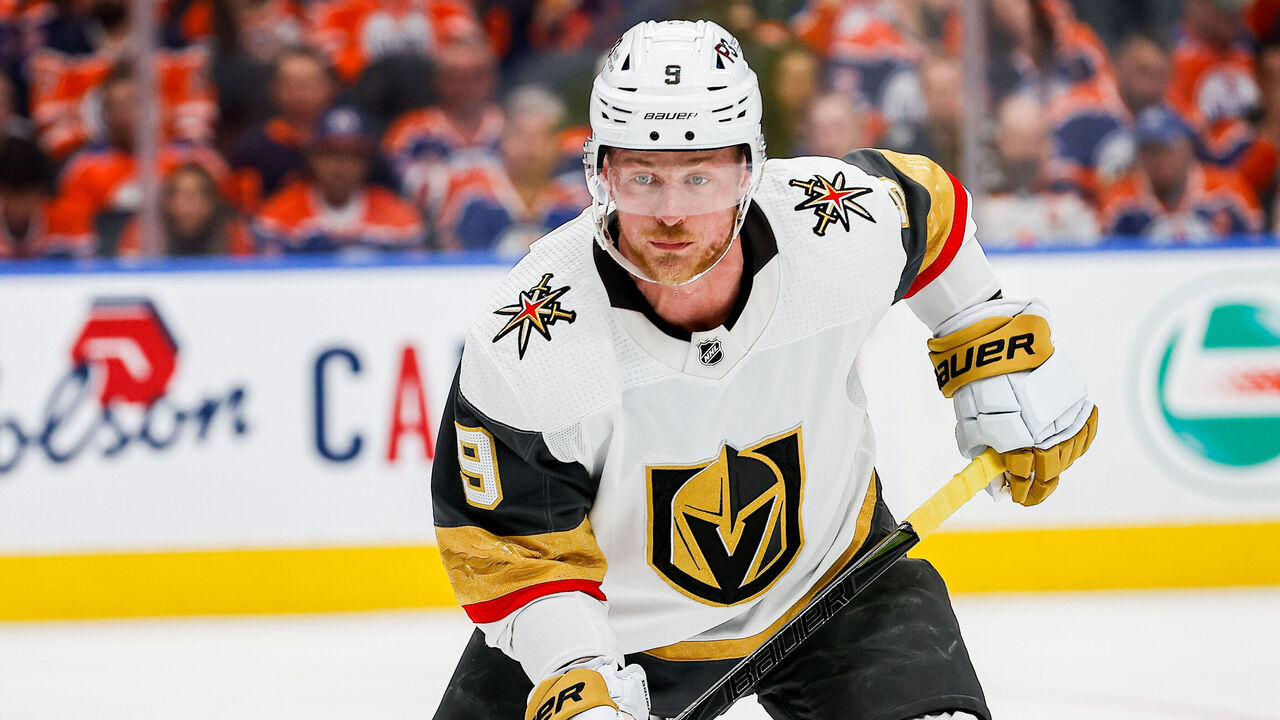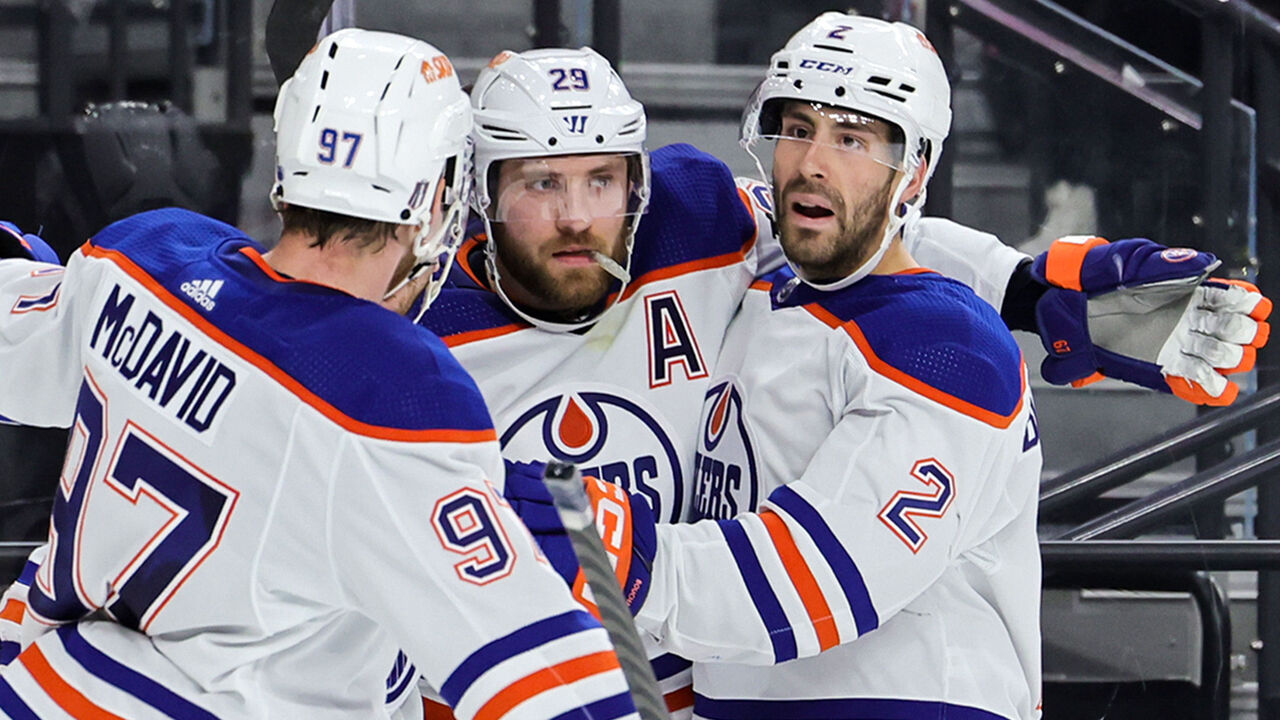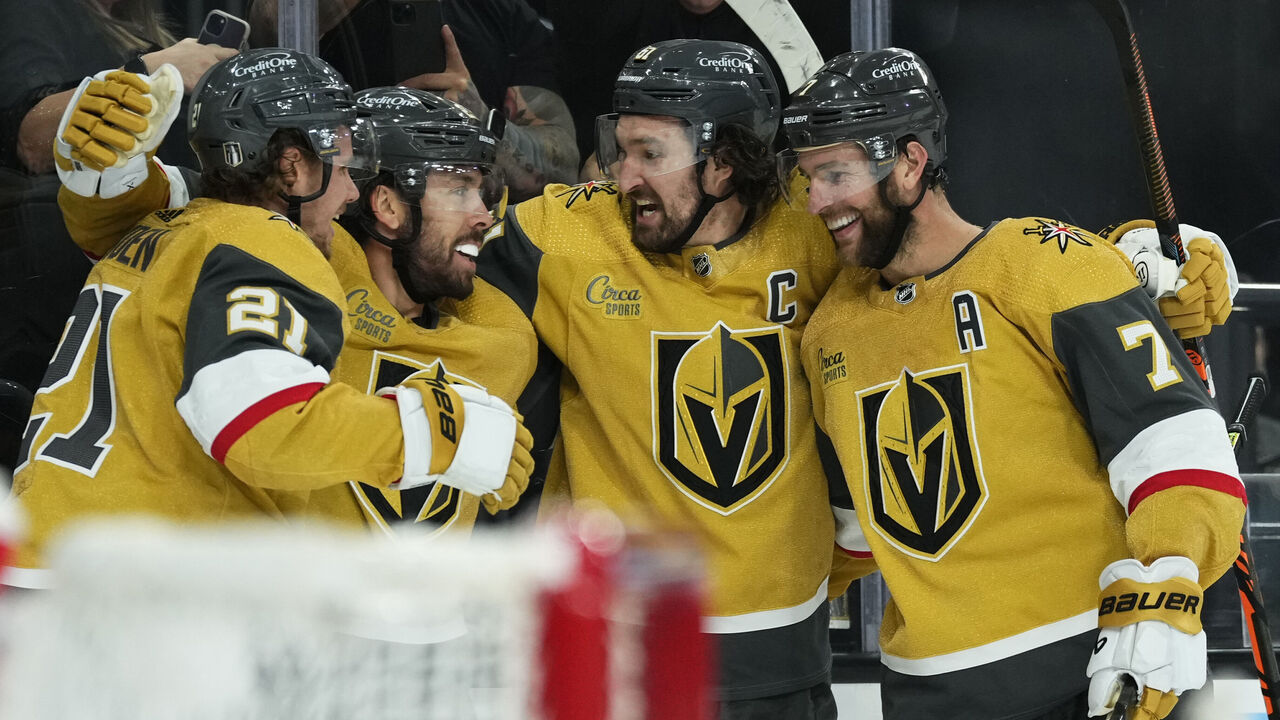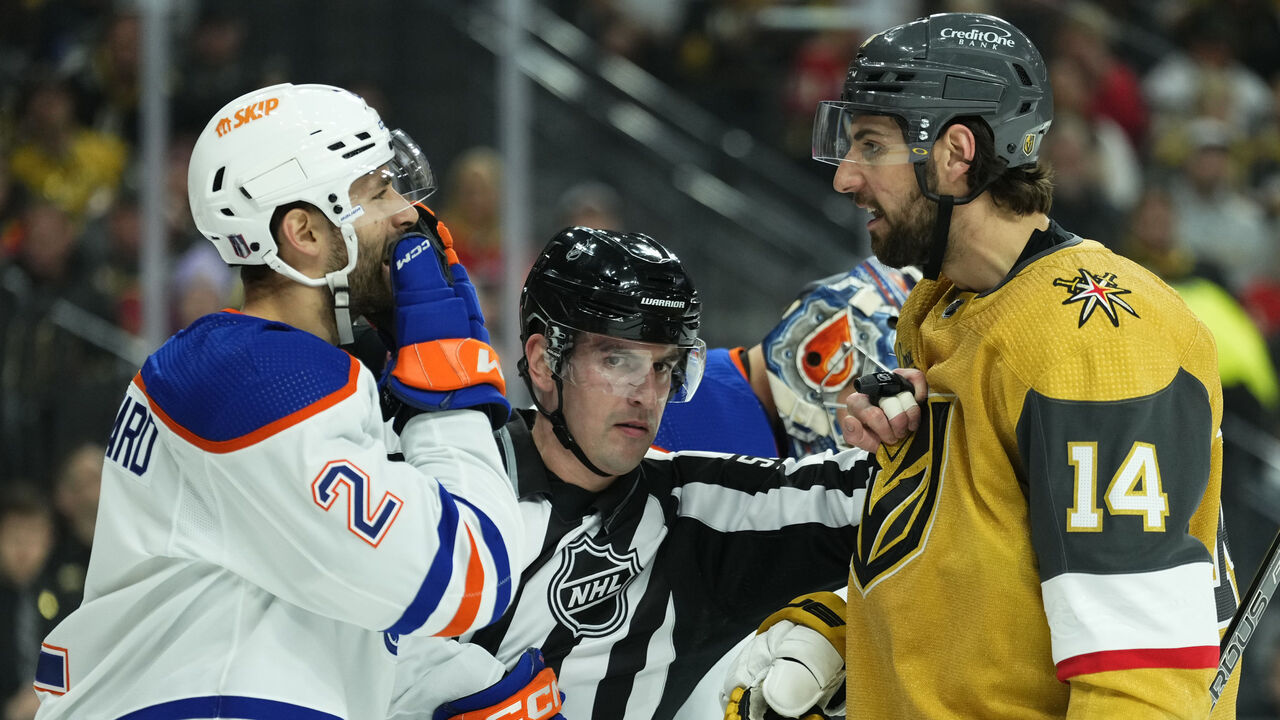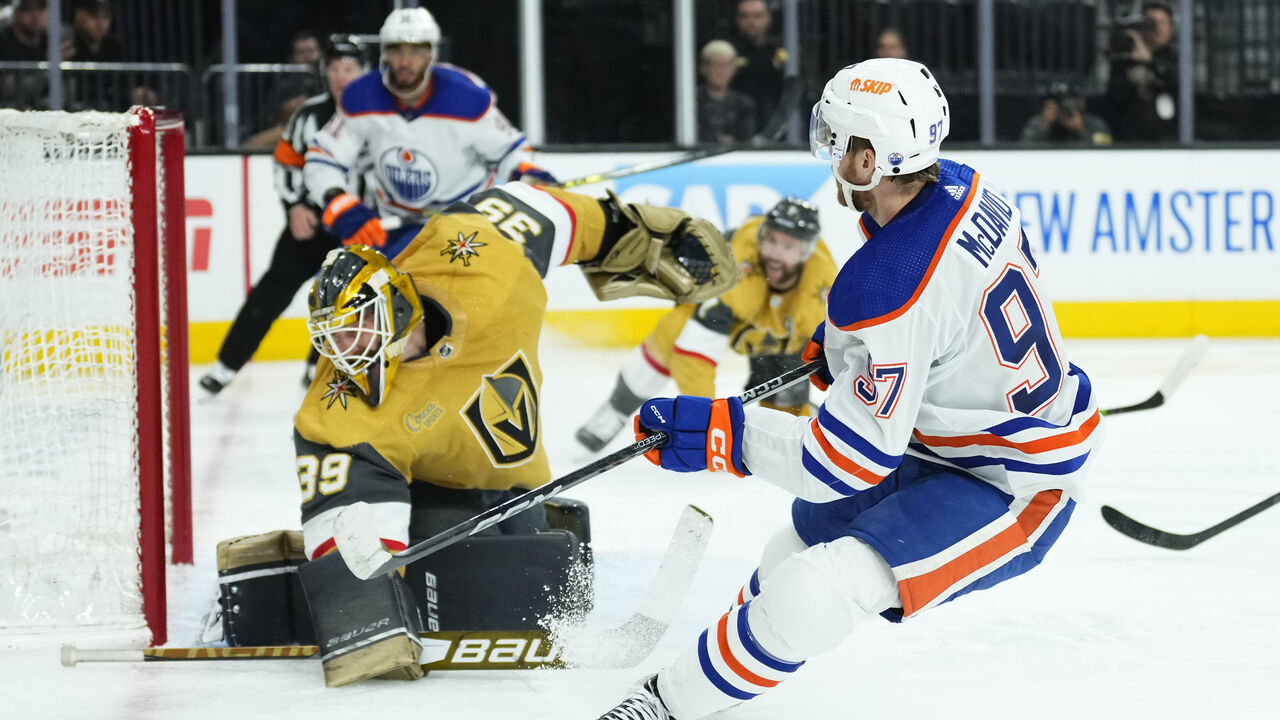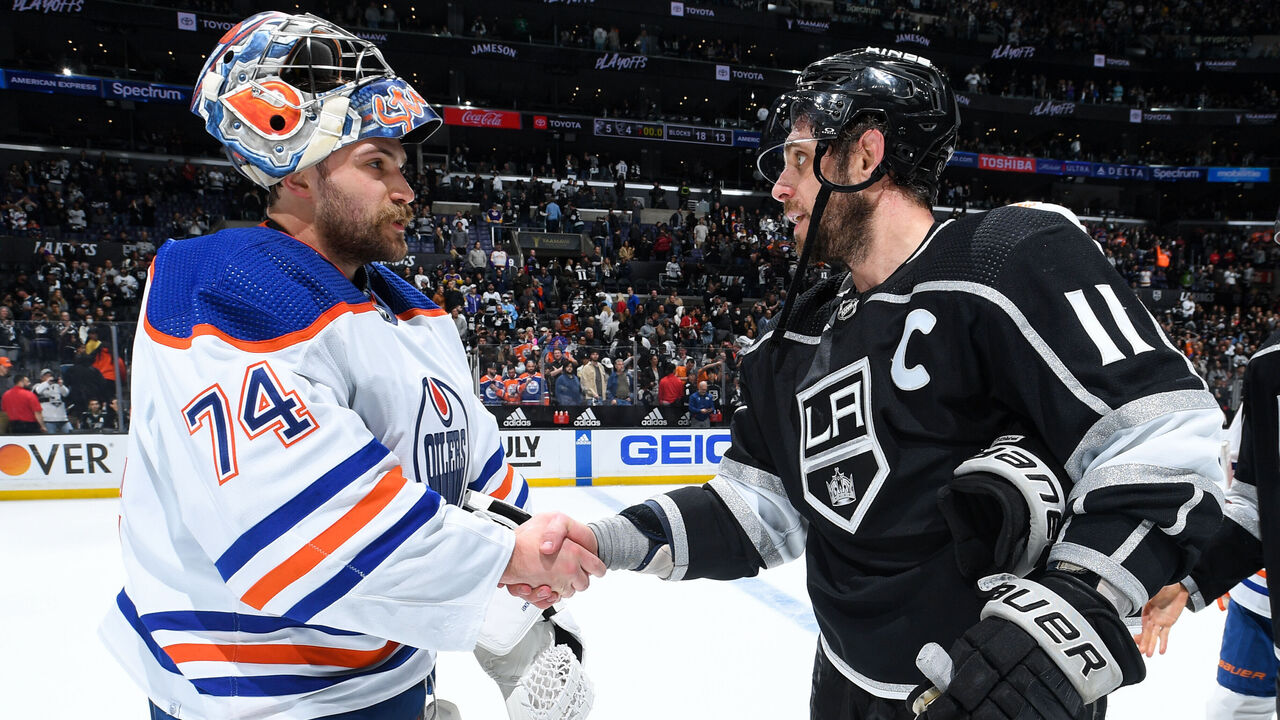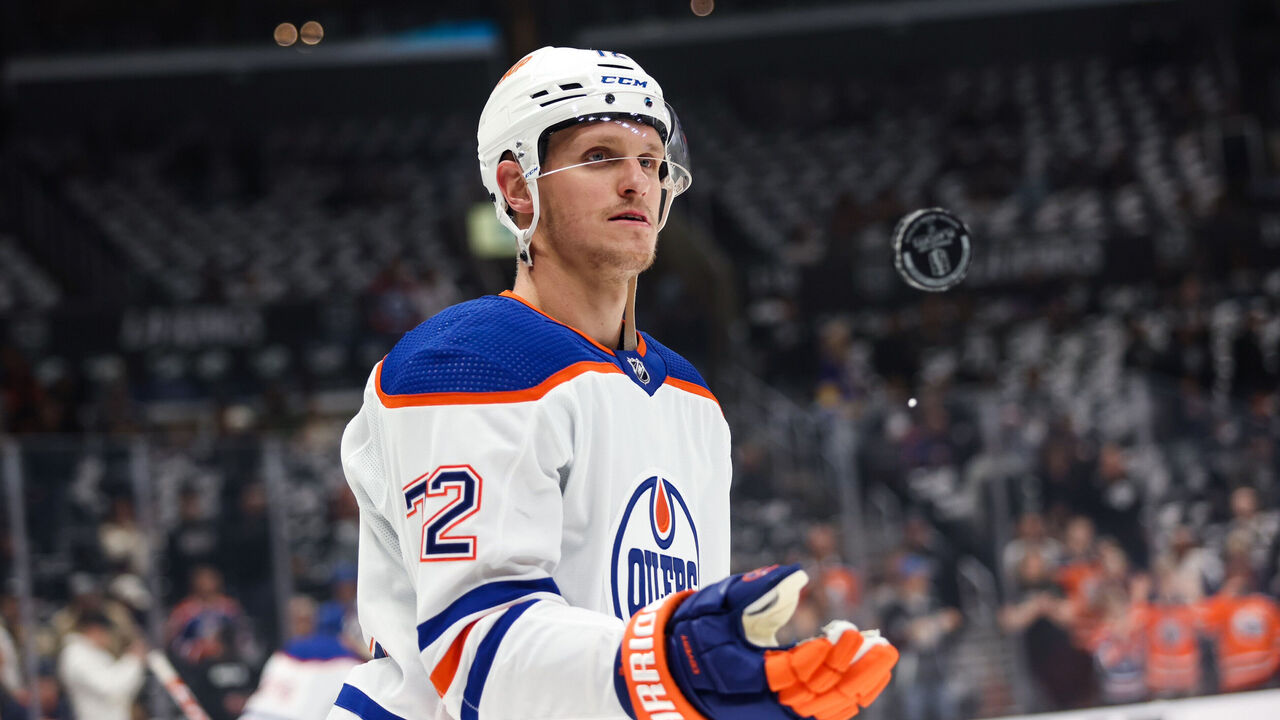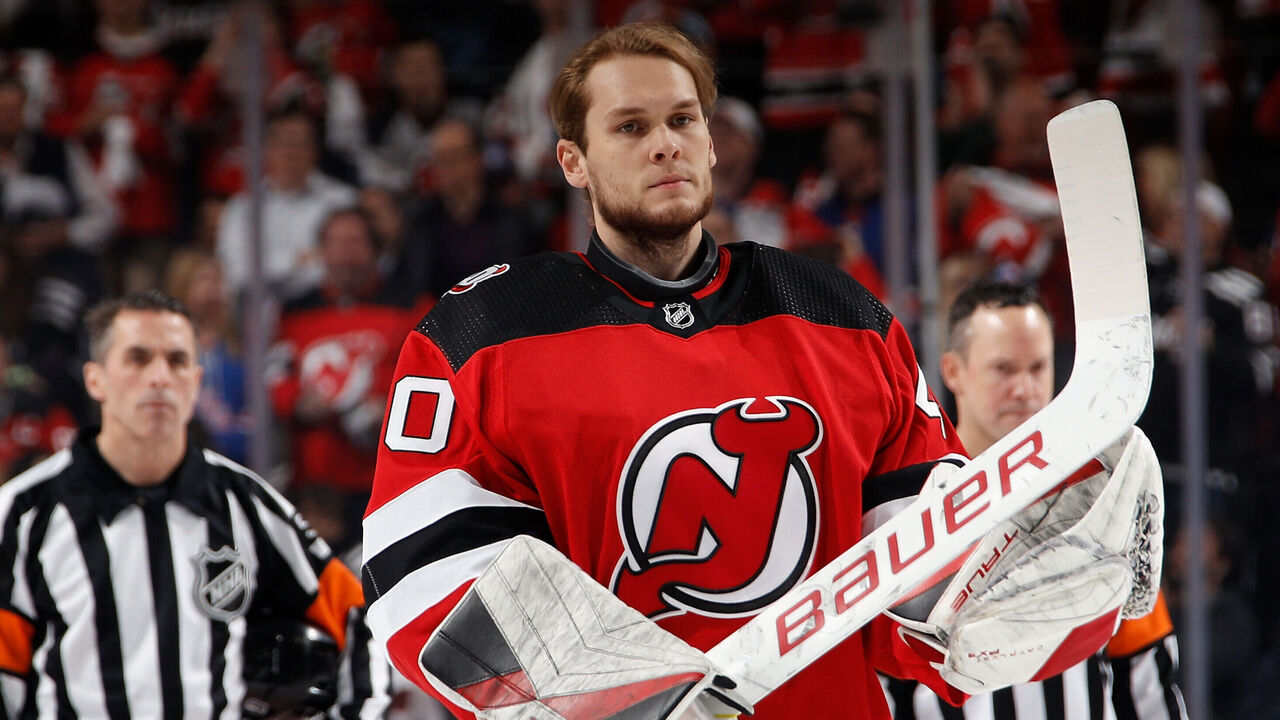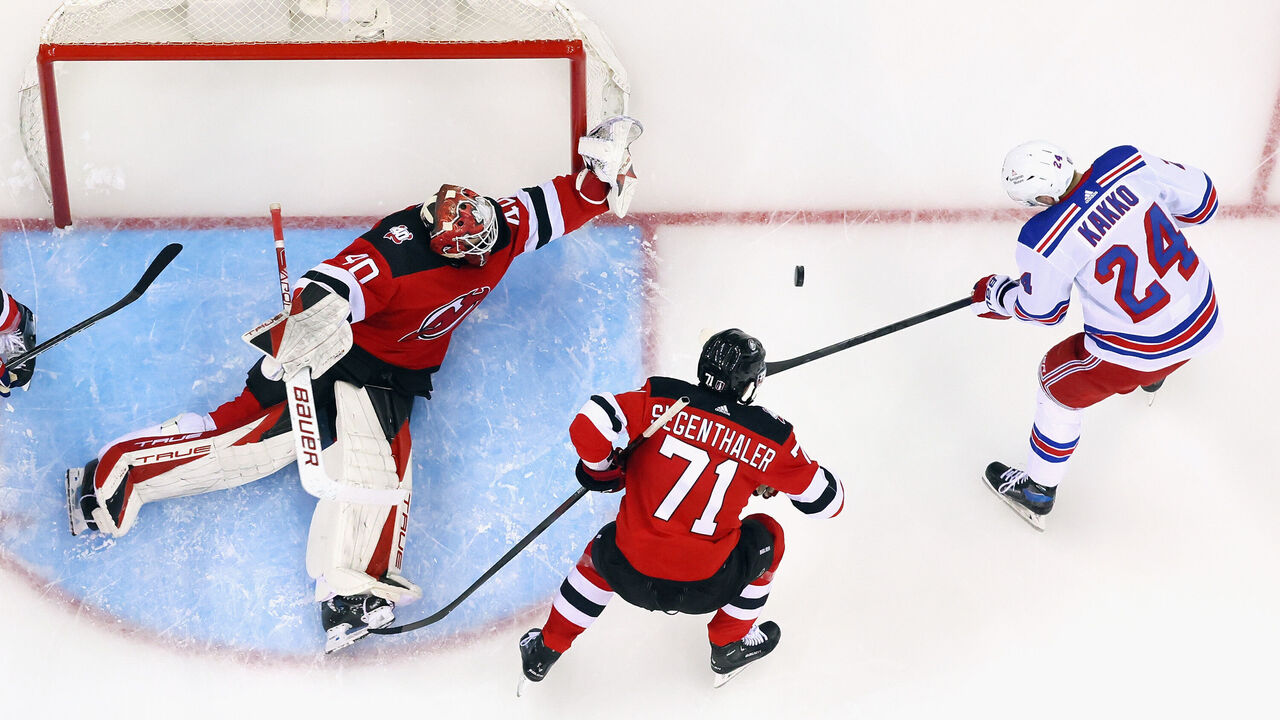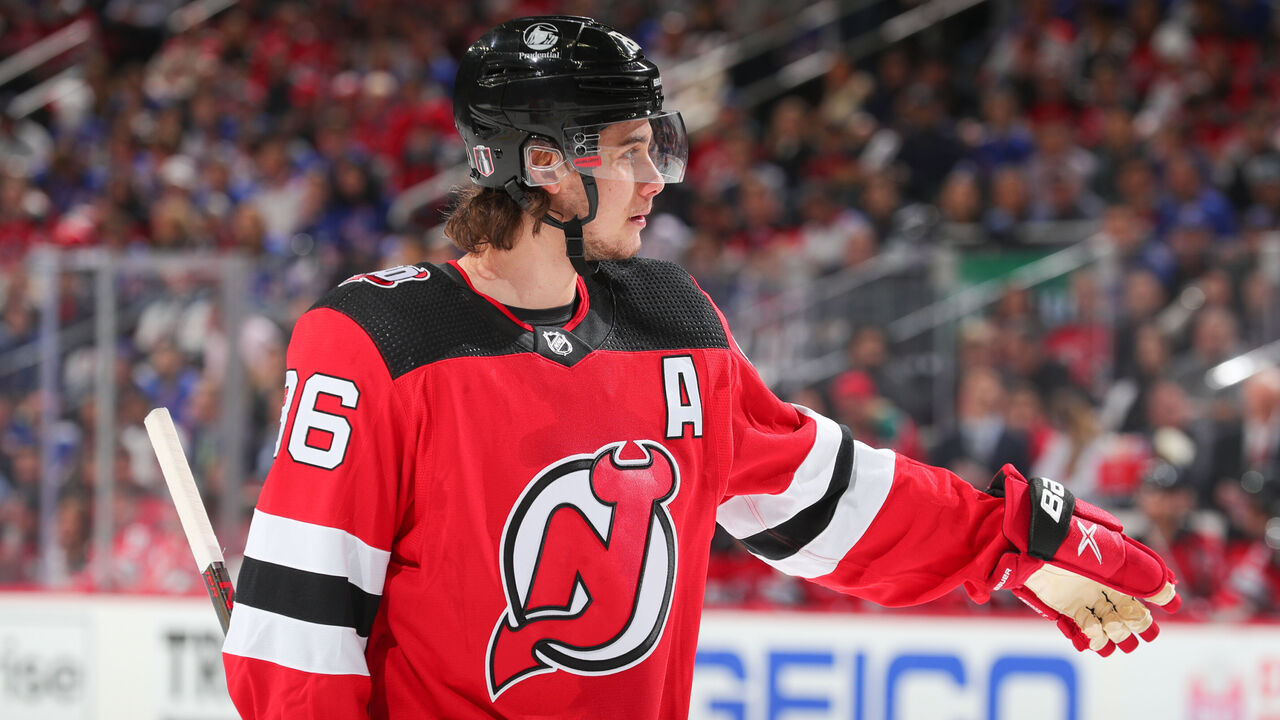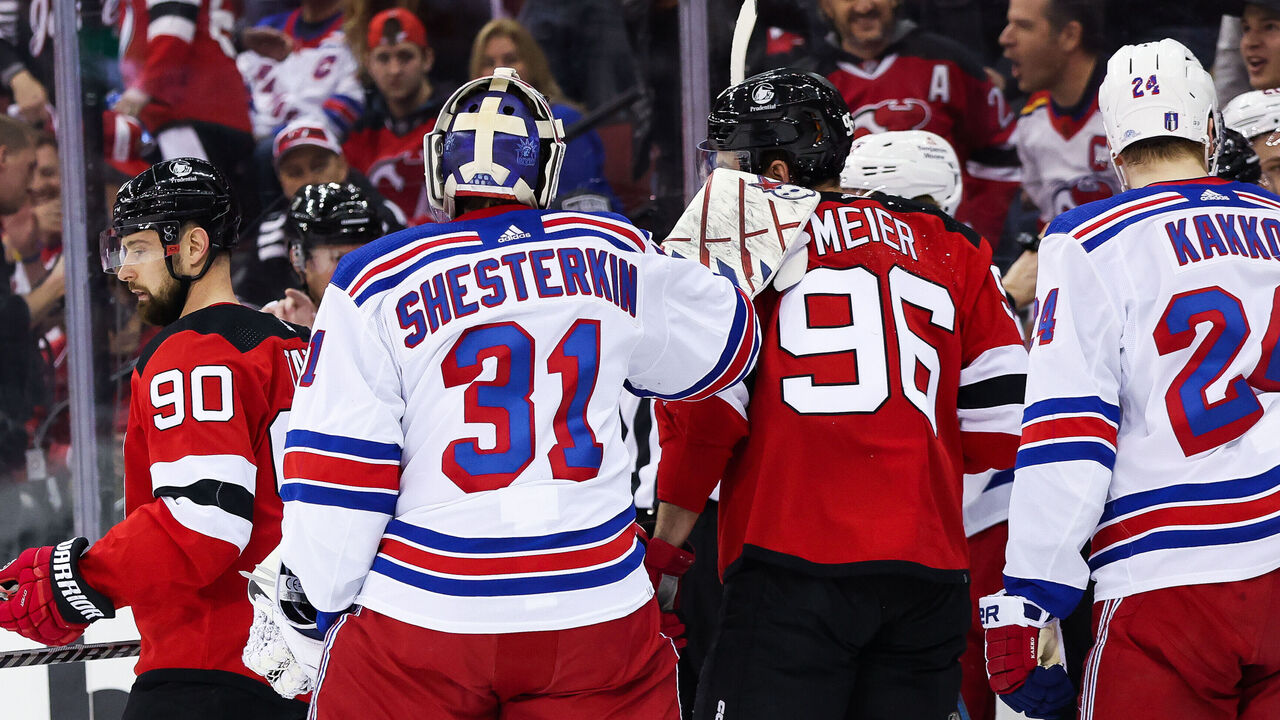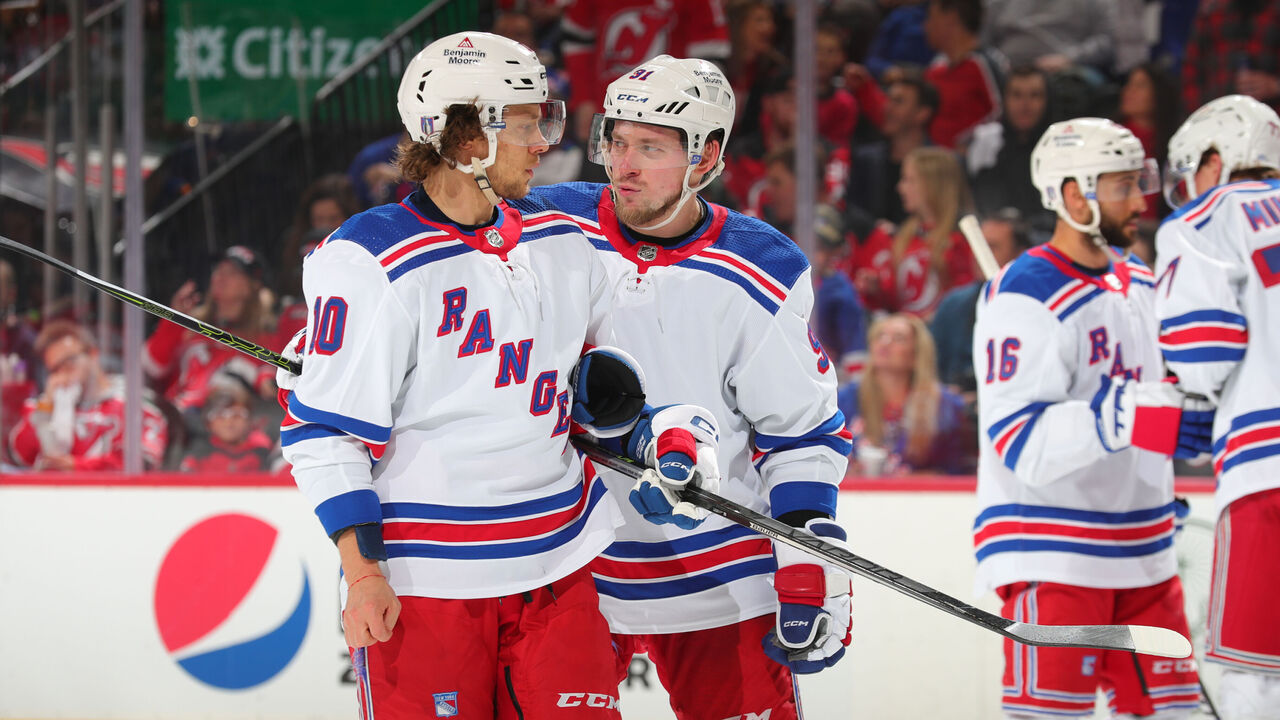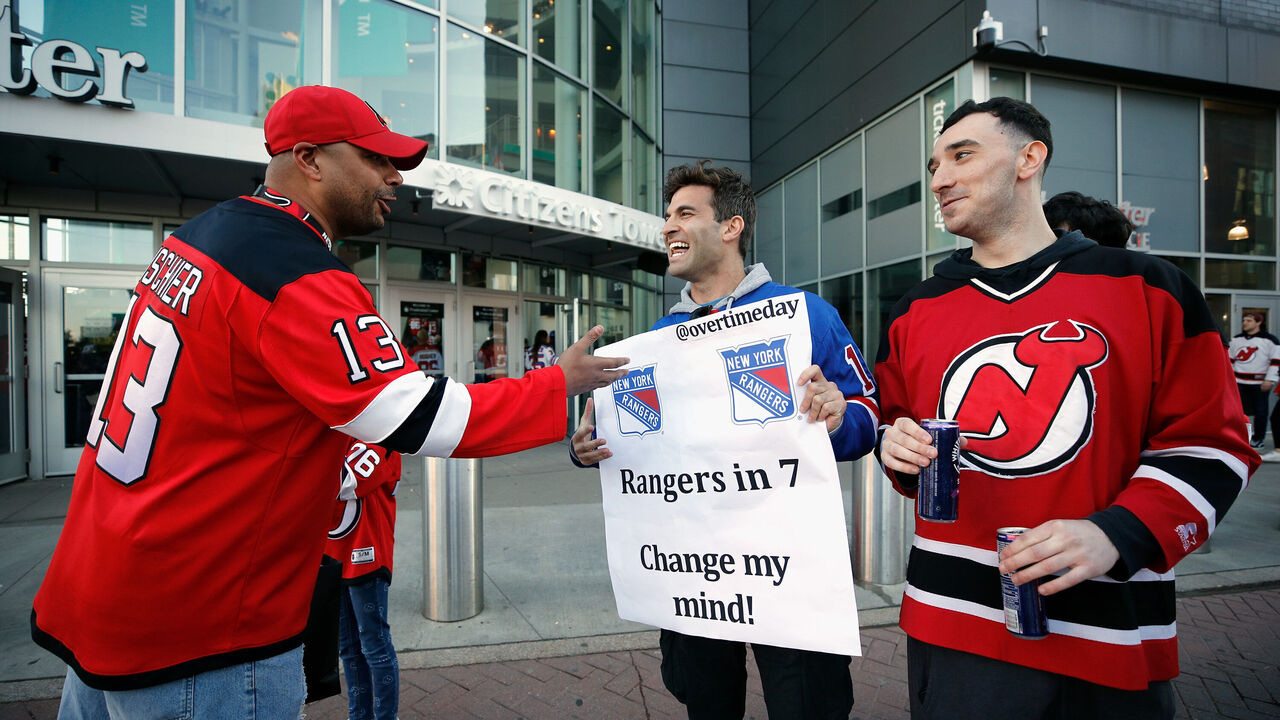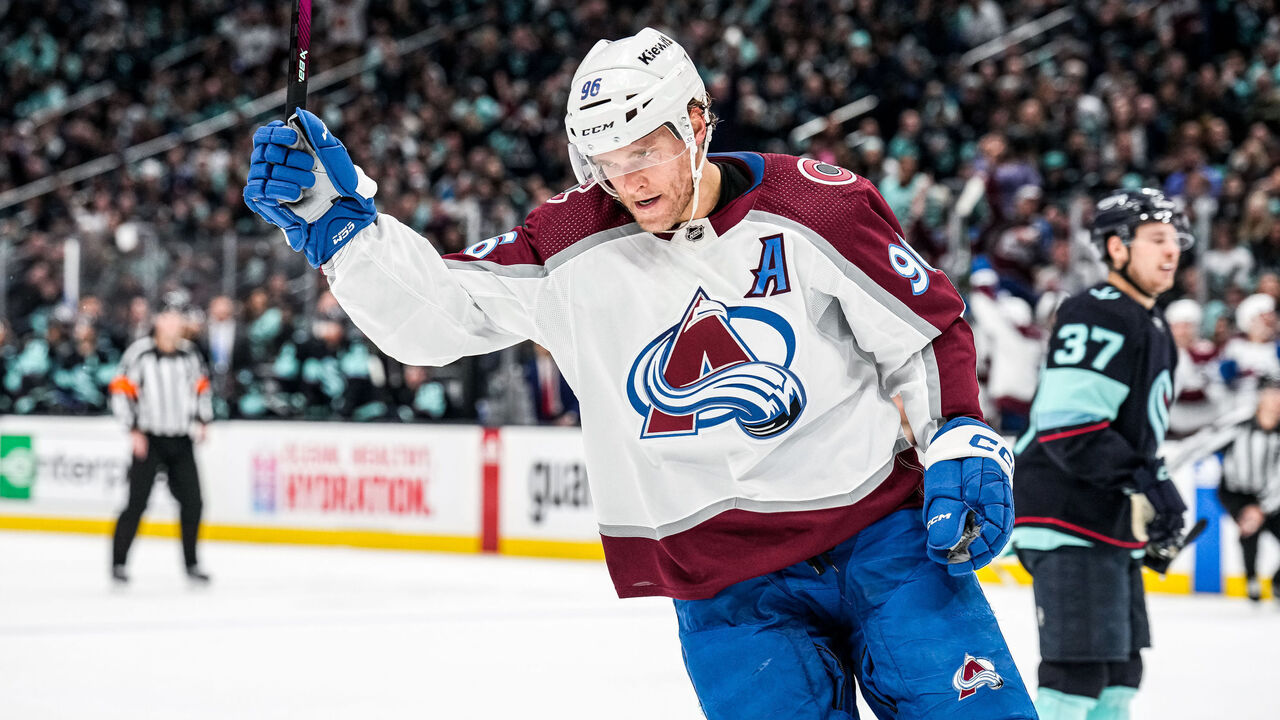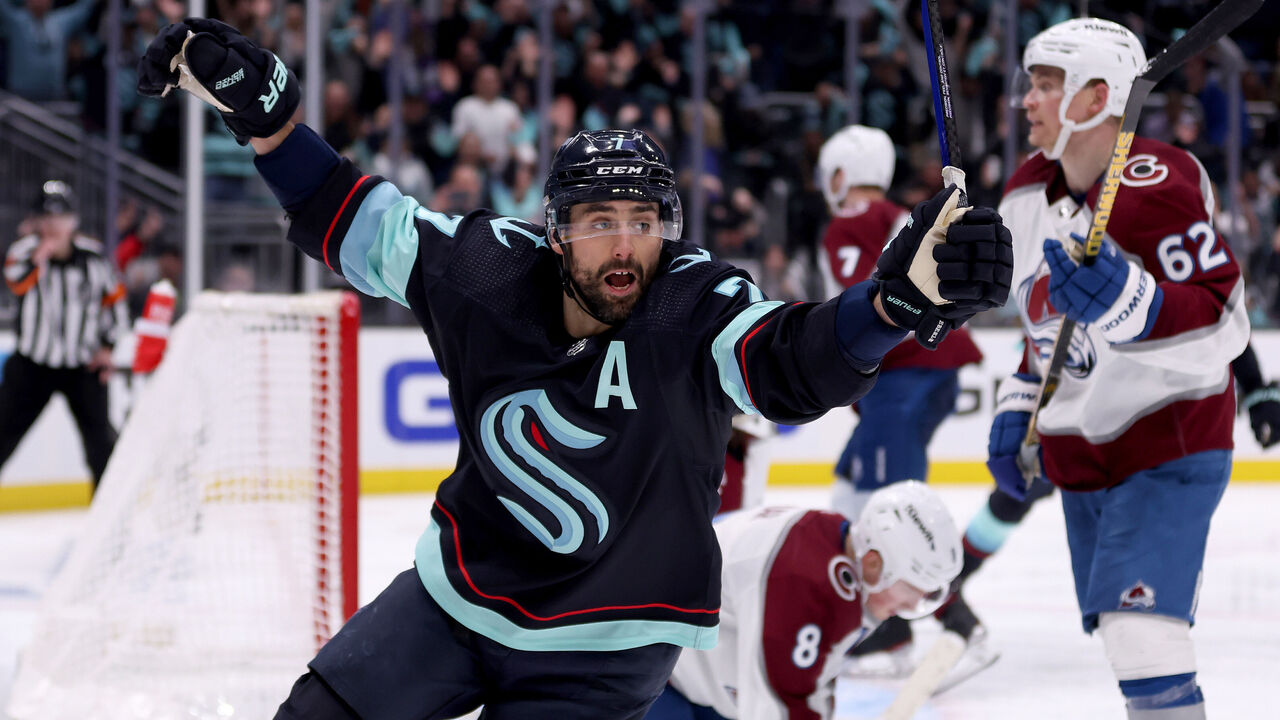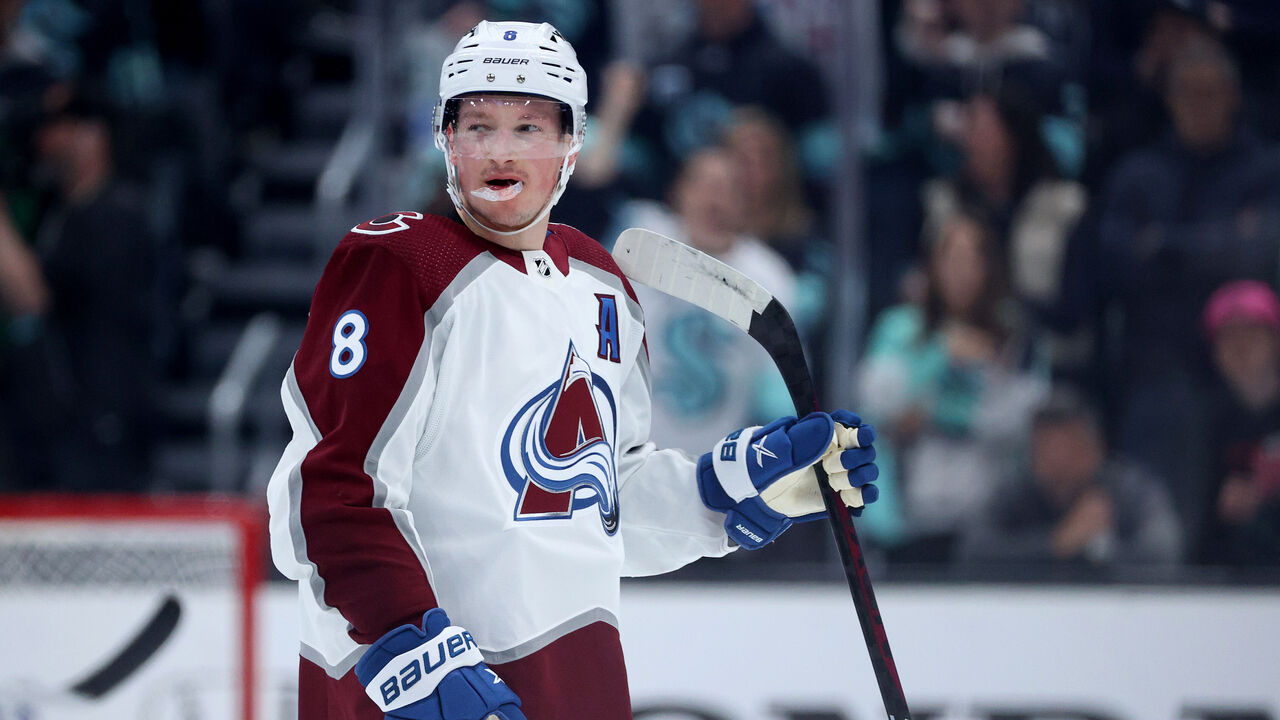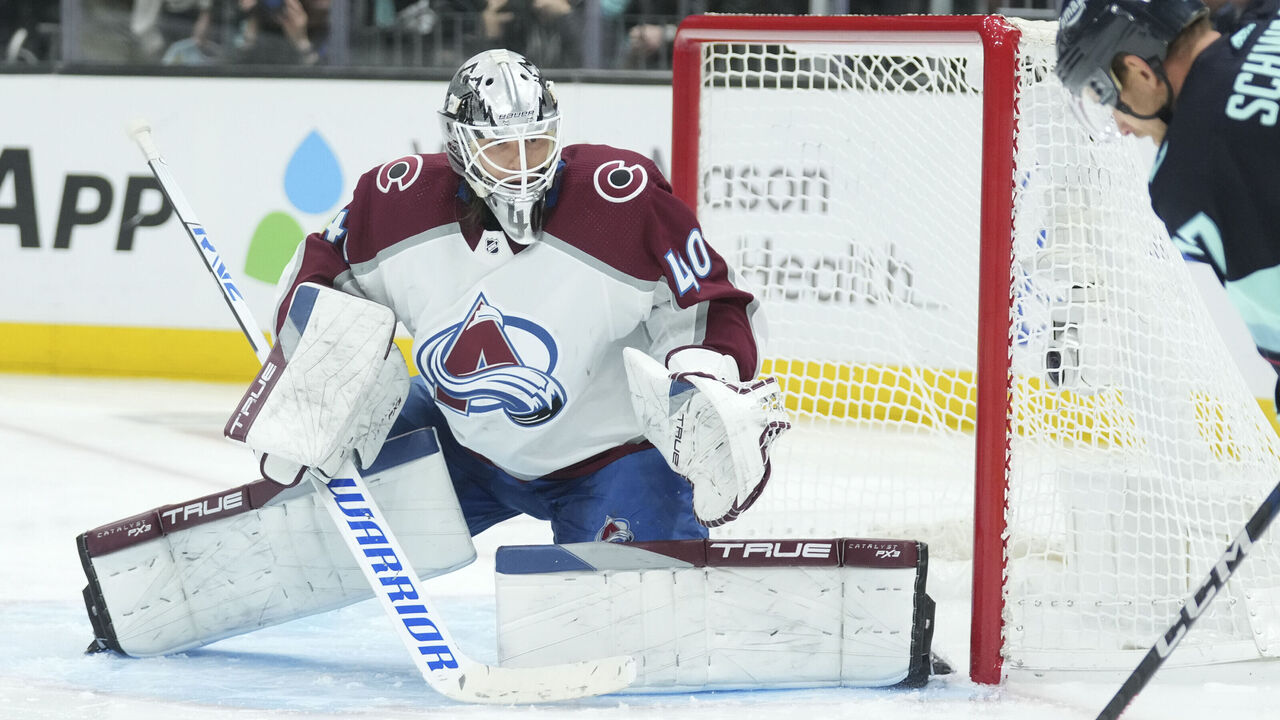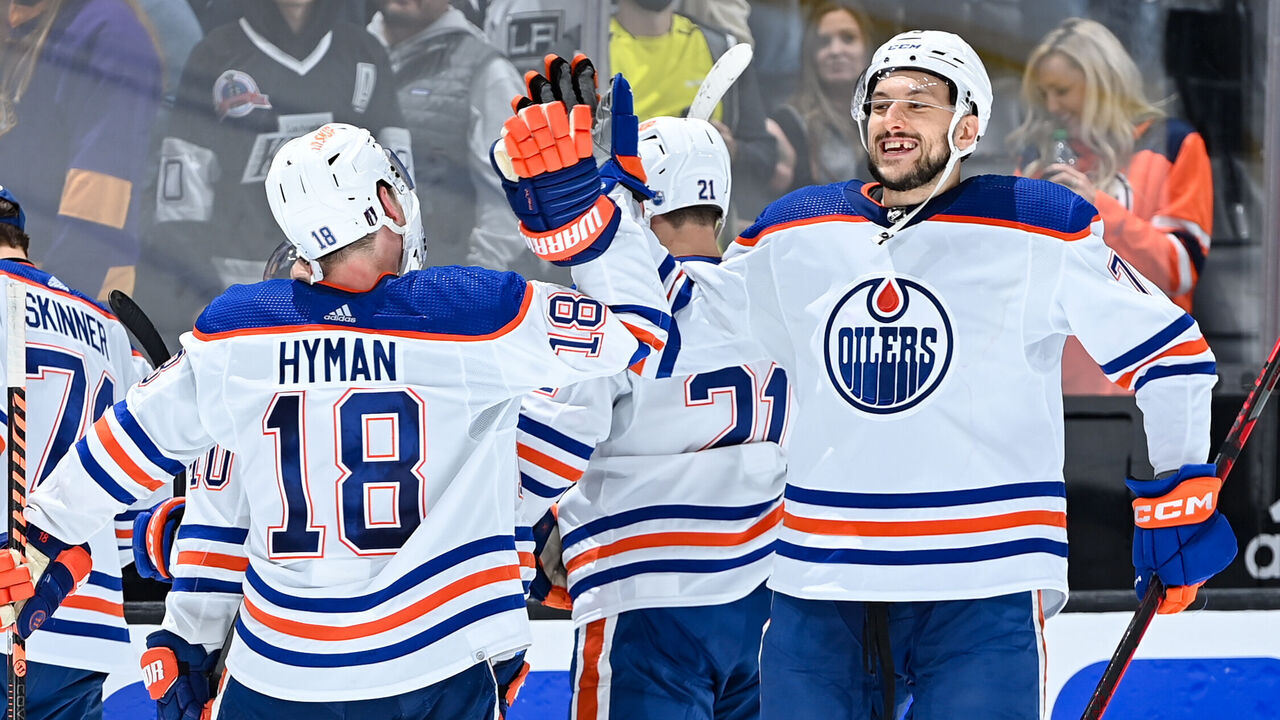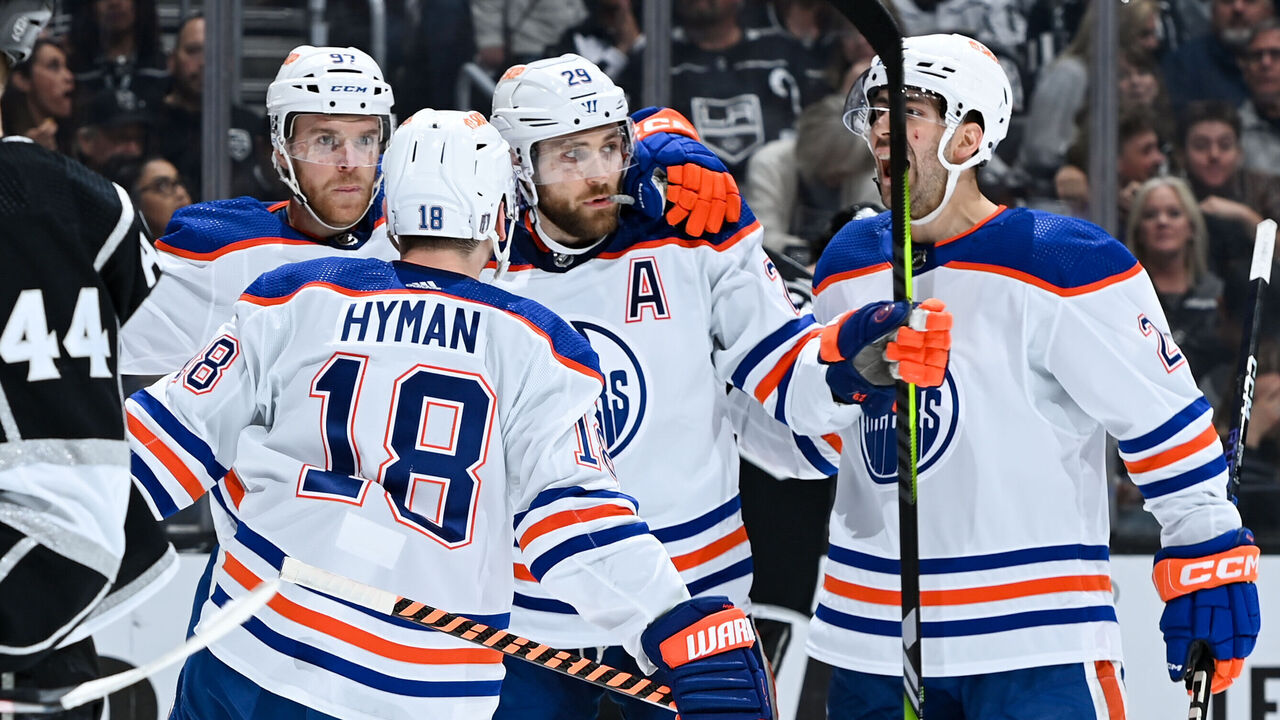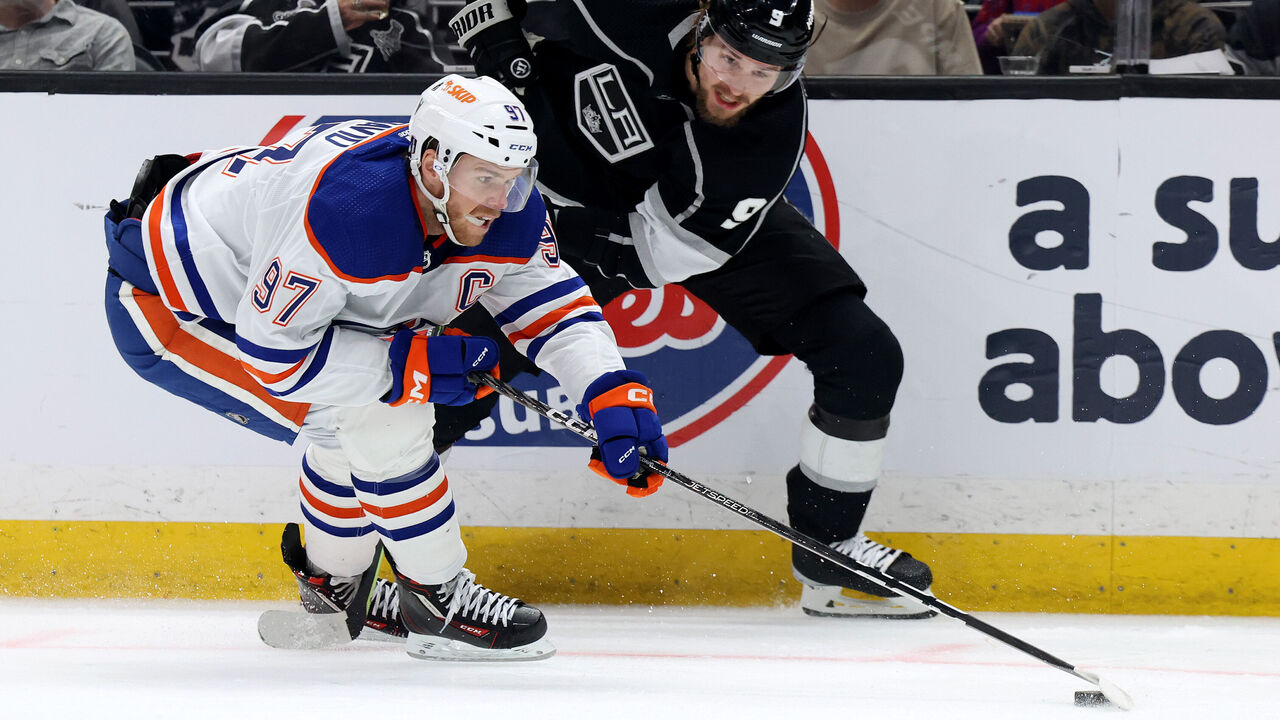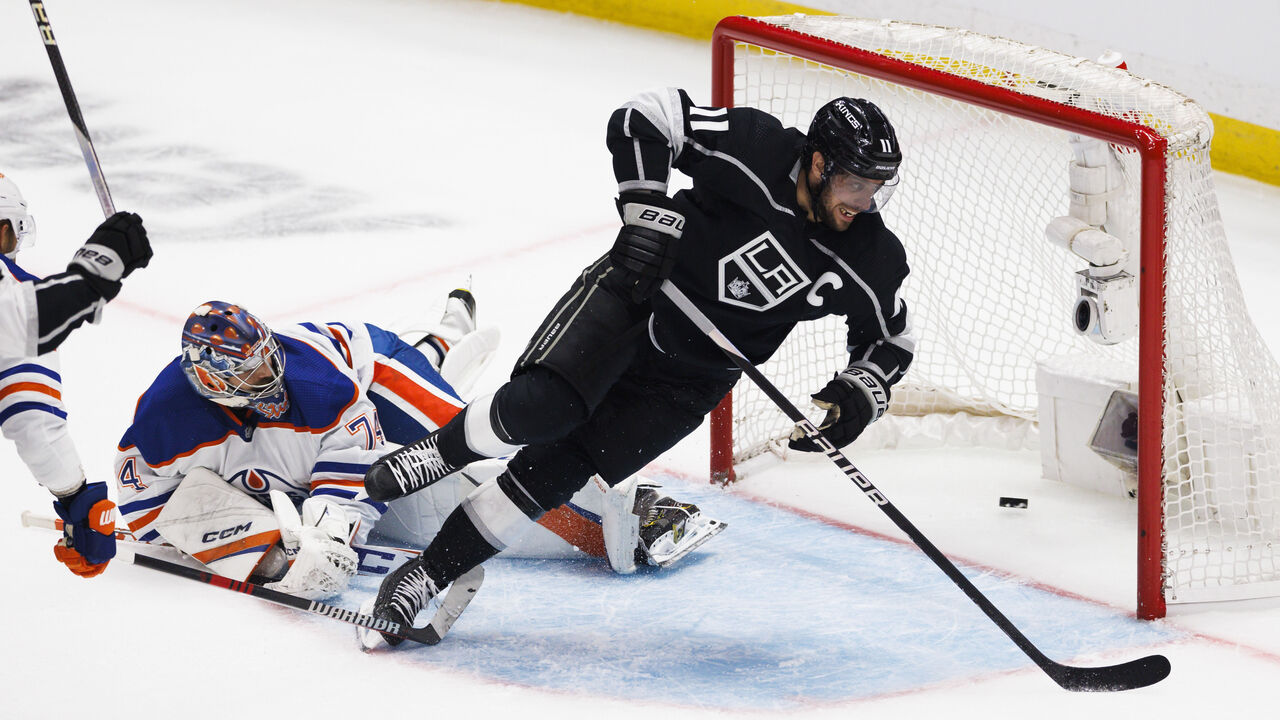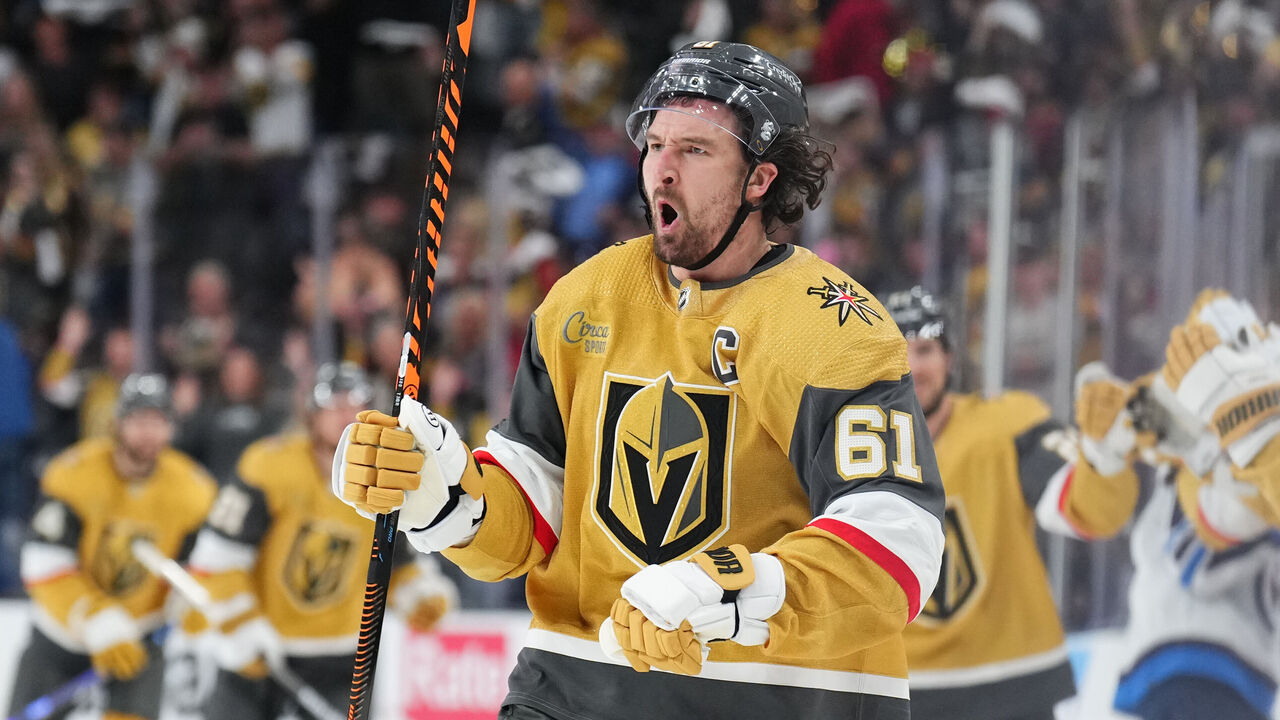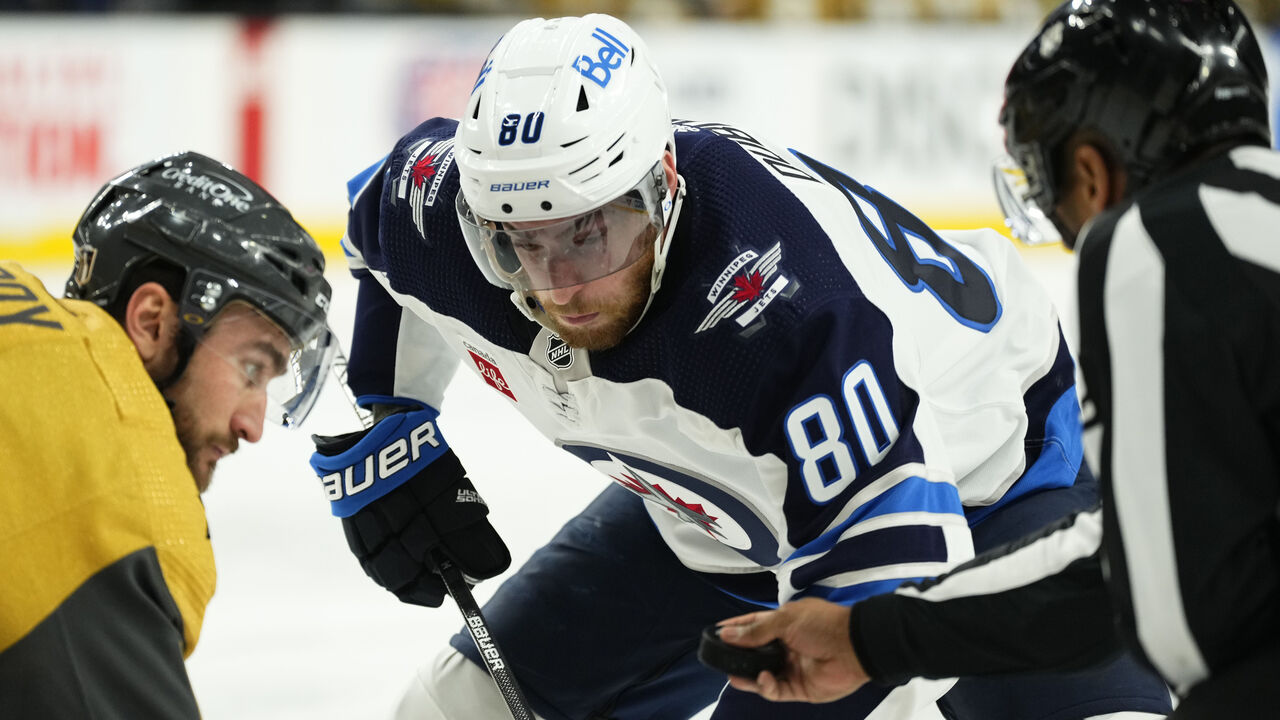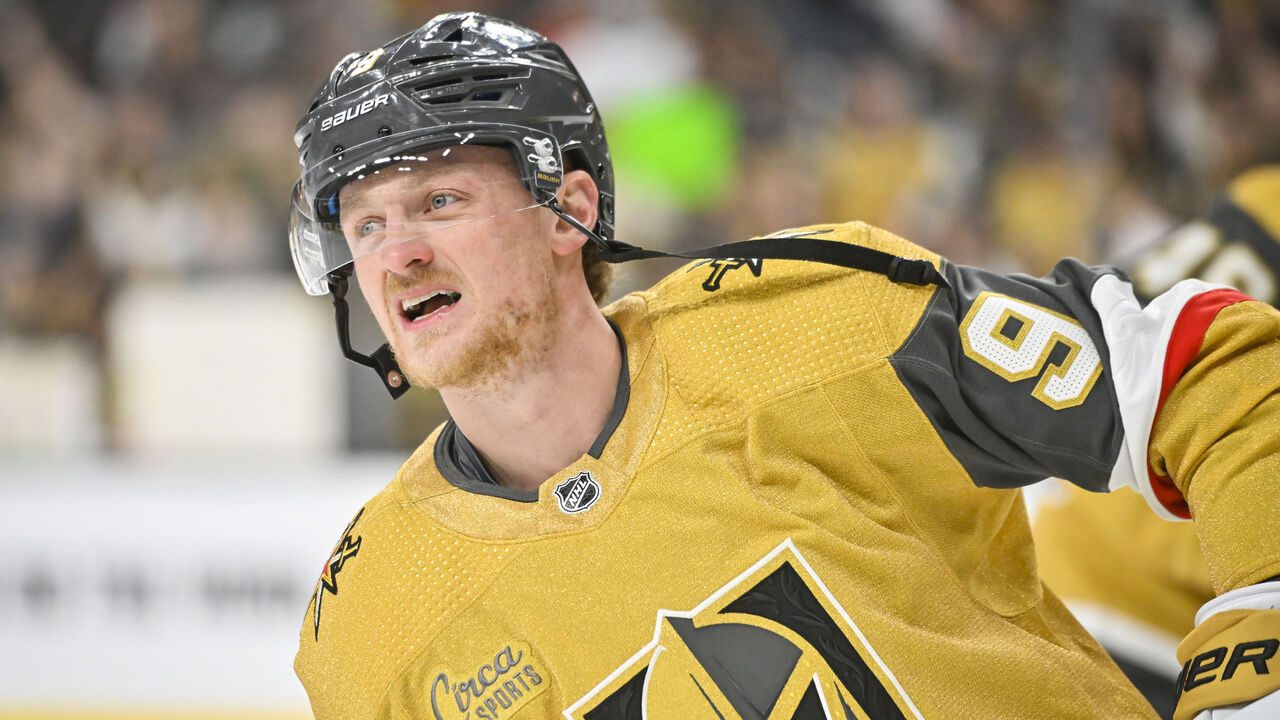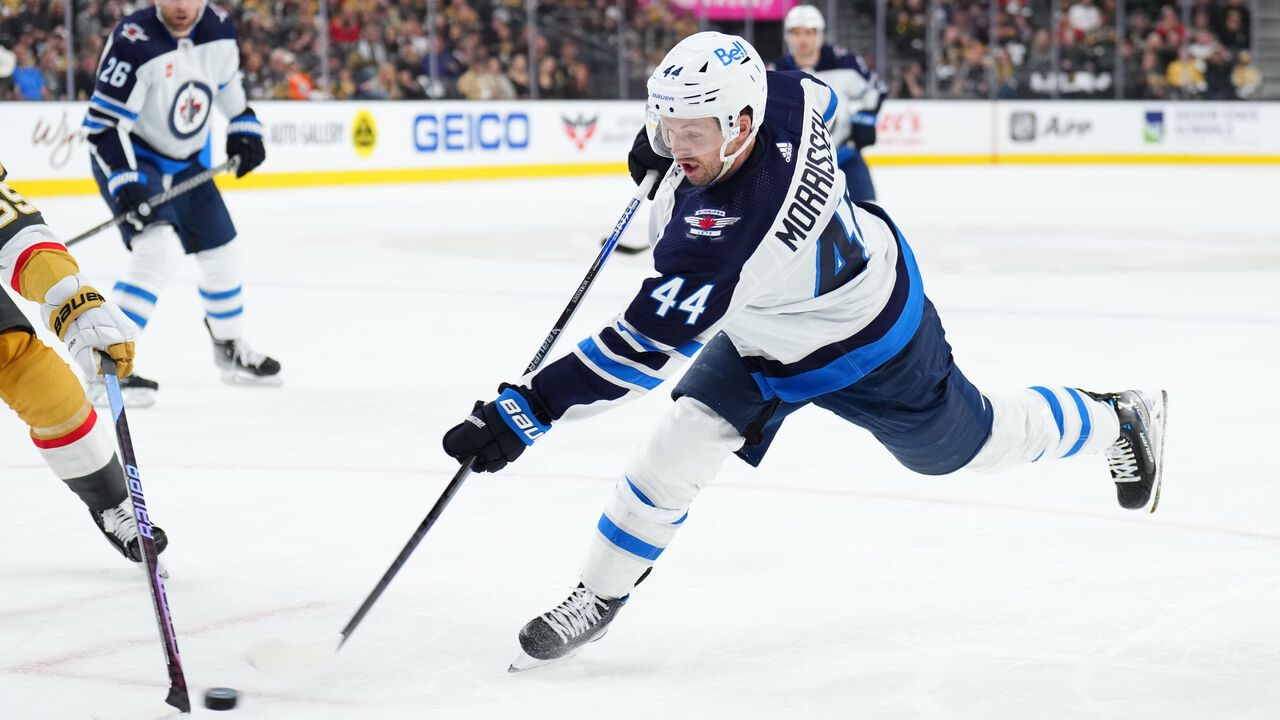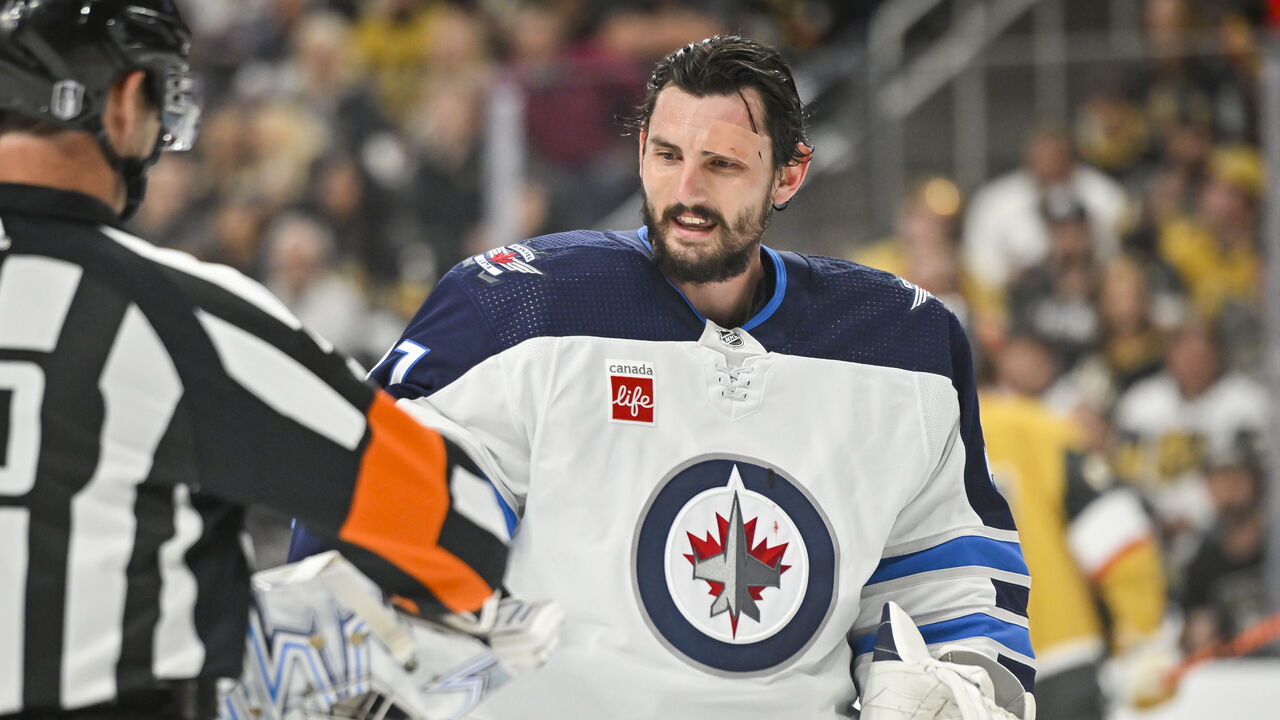Saddled with debt and careening toward bankruptcy, the Ottawa Senators failed to pay their players as scheduled on New Year's Day 2003.
The next night, the Sens thumped the Atlanta Thrashers 8-1, their most emphatic victory in a Presidents' Trophy season. On the ice, the players' motivation to win didn't wither. Off it, there was "more than a chance" the cash-strapped franchise would be sold and relocated to an American market, club owner Rod Bryden warned.
The team the late Eugene Melnyk bought from Bryden for a pittance two decades ago is about to sell for $950 million, according to Postmedia's Bruce Garrioch.
The Senators will stay put - moving out of Ottawa wasn't an option this time - and be governed by Michael Andlauer, the transportation magnate who'll divest his minority stake in the Montreal Canadiens to close the purchase. Andlauer, who also owns the Ontario Hockey League's Brantford Bulldogs, will assume control of the Sens once the NHL approves the agreement.
It’s time for a new era in Ottawa Senators history.
— ONLYSENATORS (@onlysenators) June 13, 2023
Welcome to Ottawa, Michael Andlauer. #GoSensGo pic.twitter.com/MIl71xGnv3
The transaction, one of the richest in league history, wraps a bow on Melnyk's tumultuous ownership tenure. Occasionally a Stanley Cup contender on his watch, the Senators became a laughingstock at the nadir of the rebuild Melnyk initiated in 2018. His daughters, Anna and Olivia, inherited and opted to sell the franchise following his death last year at 62.
A celebrity bidding war ensued. Snoop Dogg and The Weeknd joined rival consortiums. Senators fans stood to applaud Ryan Reynolds at multiple games this past season, though the actor and marketing maven dropped out of the process recently.
Toronto-based billionaires, Andlauer among them, headlined three of the four groups that submitted bids. Andlauer and his partners will purchase 90% of the team, while the Melnyk estate retains a 10% share.
The Senators were in demand for a few reasons. Big Four sports teams aren't often put up for sale. Rising valuations make them a safe haven for investment. Another Sens bidder, Steve Apostolopoulos, tried and failed to acquire the NFL's Washington Commanders this spring despite reportedly bidding $6 billion.
Ottawa-specific factors resonated, too. Gutted to the studs, the Senators' rebuilt roster now boasts such electrifying talents as Tim Stutzle, a 90-point center at 21 years old. Ottawa could vie for championships if smart additions are made to support the ascendant young core. Most significantly, the franchise has the chance to build a state-of-the-art arena downtown to replace the Canadian Tire Centre, its aging suburban home.
Andlauer's first months in charge promise to be monumental. Early on, he has to clarify the fates of general manager Pierre Dorion and head coach D.J. Smith.
Dorion, the architect of Ottawa's rebuild, is the NHL's eighth-longest tenured GM. Only six head coaches, four of whom are Stanley Cup winners, have held their jobs for longer than Smith, who was hired in 2019. Their four seasons as a tandem have produced a .467 points percentage and no playoff berths.
Dorion's managerial track record is mixed. He acquired Claude Giroux, Alex DeBrincat, and Jakob Chychrun over the past year without trading a player or prospect. He signed Stutzle and captain Brady Tkachuk to long-term deals that should age gracefully. His misfires include dealing Mika Zibanejad in 2016 before the Swedish center's star turn and anointing Matt Murray, then Cam Talbot as prospective saviors in net toward the end of the rebuild.
Smith, a gifted communicator, didn't get to coach a playoff-caliber team until this past season. Those Senators undershot expectations. Ottawa started 6-12-1, was 31st in the league standings on U.S. Thanksgiving, and had to scratch and claw to eventually miss the postseason by six points. Stutzle and Tkachuk blossomed into point-per-game scorers, but DeBrincat, Drake Batherson, and Thomas Chabot endured down years.
The Senators traded consecutive first-round picks to land DeBrincat and Chychrun, swinging big to try to snap their ongoing six-year playoff drought. Only the Buffalo Sabres and Detroit Red Wings - two Atlantic Division rivals on the rise - are in the midst of longer skids. If Andlauer doesn't have time to instate his own people this offseason, 2023-24 will make or break the futures of Dorion and Smith in Ottawa.
Dealing with DeBrincat is an organizational priority. The two-time 40-goal sniper settled for 27 tallies in his first Senators season. Ottawa was outscored 58-42 in DeBrincat's five-on-five minutes, according to Natural Stat Trick, but went 20-1-2 in games where he found the net.
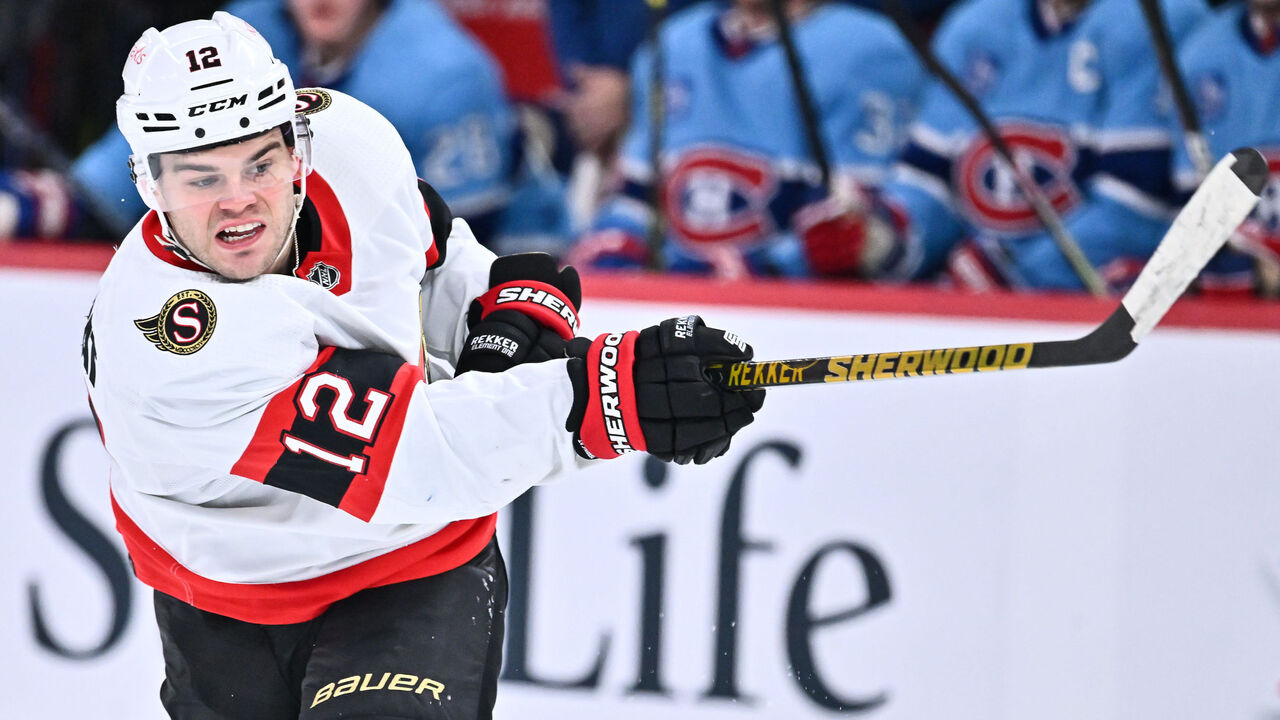
Set to hit unrestricted free agency one year from now, DeBrincat promised to decide by the draft on June 28 whether he's willing to extend in Ottawa. If he isn't, the Senators could pre-emptively swap him for picks or attempt to orchestrate a Matthew Tkachuk-style blockbuster. Dorion has reportedly explored trade options.
Goaltending is another question mark. Talbot will depart as a free agent after one discouraging, injury-riddled season (.898 save percentage in 36 games). Anton Forsberg tore both of his MCLs in a freak collision in February. If the Sens think Mads Sogaard, the 22-year-old budding goalie of the future, requires more AHL seasoning, they'll need to sign a stopgap partner for Forsberg or shell out to trade for a workhorse like Connor Hellebuyck.
There are bright spots elsewhere in the lineup.
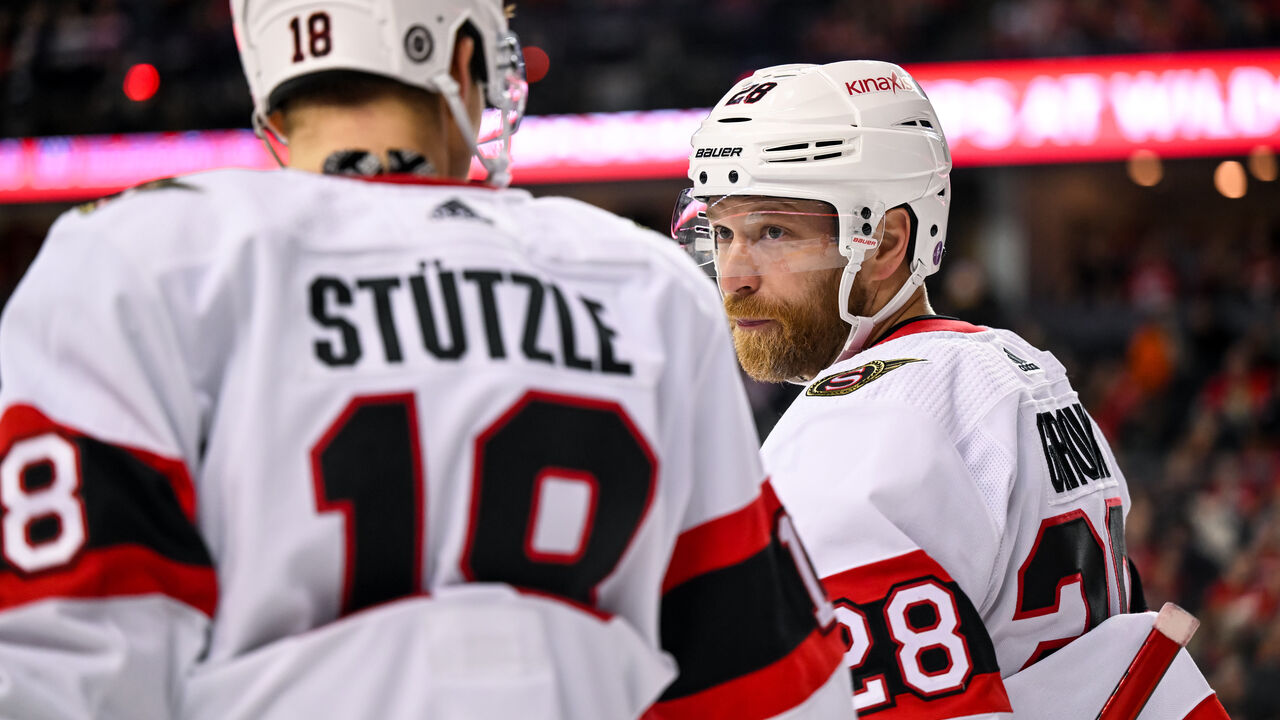
Signed to be a mentor, Giroux potted 35 goals at age 35 this past season on Stutzle's right wing. Acing the eye test, Jake Sanderson seemed to make the right play every time he touched or tracked the puck as a rookie defenseman. The Chychrun trade strengthened Ottawa's defense corps to a degree unseen since the Zdeno Chara-Wade Redden era. Josh Norris will be healthy in the fall after recovering from shoulder surgery.
The city is energized coming out of the lean years. Attendance at the Canadian Tire Centre rebounded in 2022-23 to 89.8% of capacity, per Hockey Reference, which was a seven-year high. The fan base would rejoice if Daniel Alfredsson returned to the fold. Earlier this year, the franchise legend and Hall of Fame forward publicly expressed his interest in assuming a “meaningful role” in Senators hockey operations.
Alfredsson captained and was a top scorer on the bankrupt 2003 team that advanced as far as Game 7 of the Eastern Conference Final. In retirement, he rejoined the Senators as a senior adviser, but left the front office in 2017 after two seasons. Maybe he'll get to work for a third ownership regime.
Melnyk, a pharmaceutical billionaire who cheered for his hometown Toronto Maple Leafs before taking over the Senators, bought the franchise and its arena for $92 million in 2003. When the sale closed, he guaranteed the Sens would stay in Ottawa and organized a free Eagles concert for season-ticket holders as a goodwill gesture.
"This is the first time in a number of years I've come to Ottawa without feeling angst and concern," NHL commissioner Gary Bettman told reporters at the time, per ESPN's Chris Stevenson.
Bettman added, "If you were going to computer-generate an owner for this market, (Melnyk would) certainly be on the radar screen. This is a great team in a great place, and now it has a great owner."
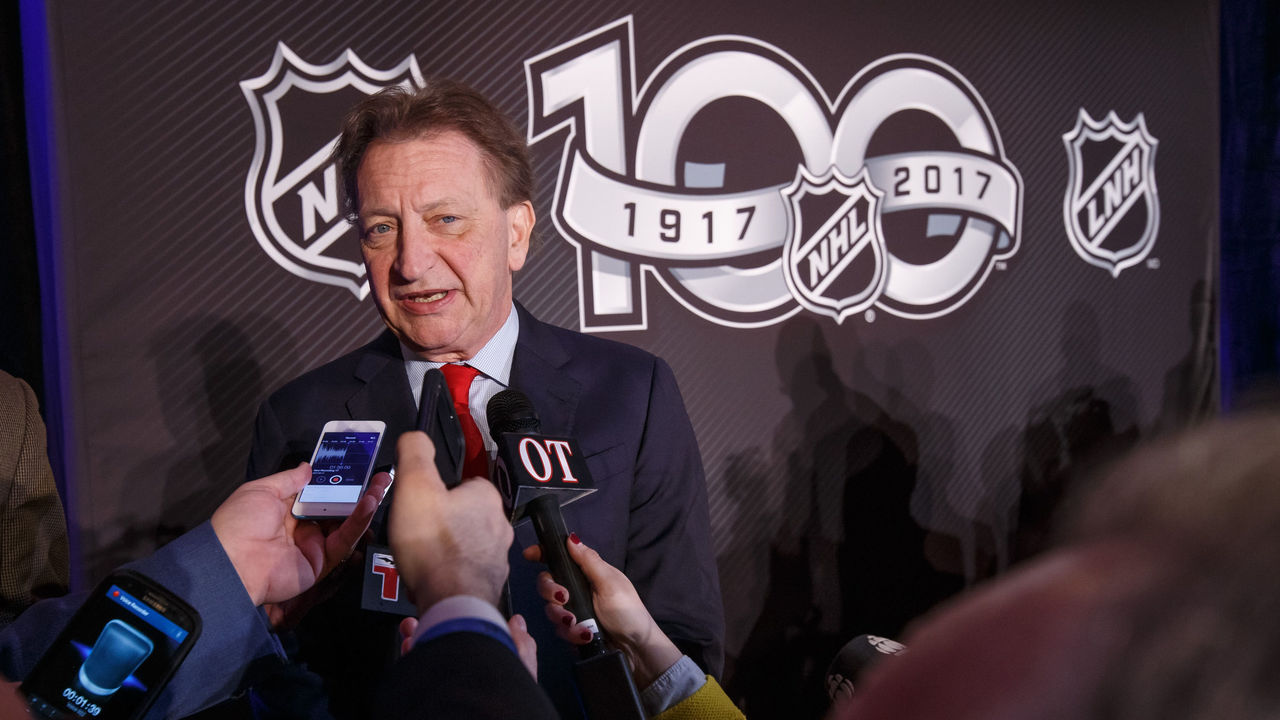
A powerhouse at the outset of the salary-cap era, Melnyk's Senators reached the 2007 Cup Final, then curtailed spending and started icing lesser lineups. Since losing that final, Ottawa has qualified for six postseasons and won three playoff rounds, most recently in 2017. Casting a pall over a Senators-Canadiens outdoor game on Parliament Hill, Melnyk said during that celebration that he'd consider relocating the team if home attendance cratered.
The roster teardown that followed spawned more lowlights.
Alienated fans installed #MelnykOut billboards around Ottawa to urge him to sell. Melnyk admitted the Senators were "kind of in the dumpster" in a team-produced interview with defenseman Mark Borowiecki. Following his death, The Athletic chronicled the owner's alleged mistreatment of staff and volatility behind the scenes in a bombshell investigation titled "The Eugene Melnyk era in Ottawa: Hopeful, then bizarre and tyrannical."
The race to succeed Melnyk as owner heated up on Jimmy Fallon's show. Reynolds, the "Deadpool" leading man who briefly lived in Ottawa as a kid, confirmed to the late-night host that he'd seek a "sugar daddy" to finance his bid. The Sens could have been the subject of a "Welcome to Wrexham"-style peek behind the curtain, taking after the Welsh soccer club that Reynolds and actor Rob McElhenney bought in 2020 and made globally visible.
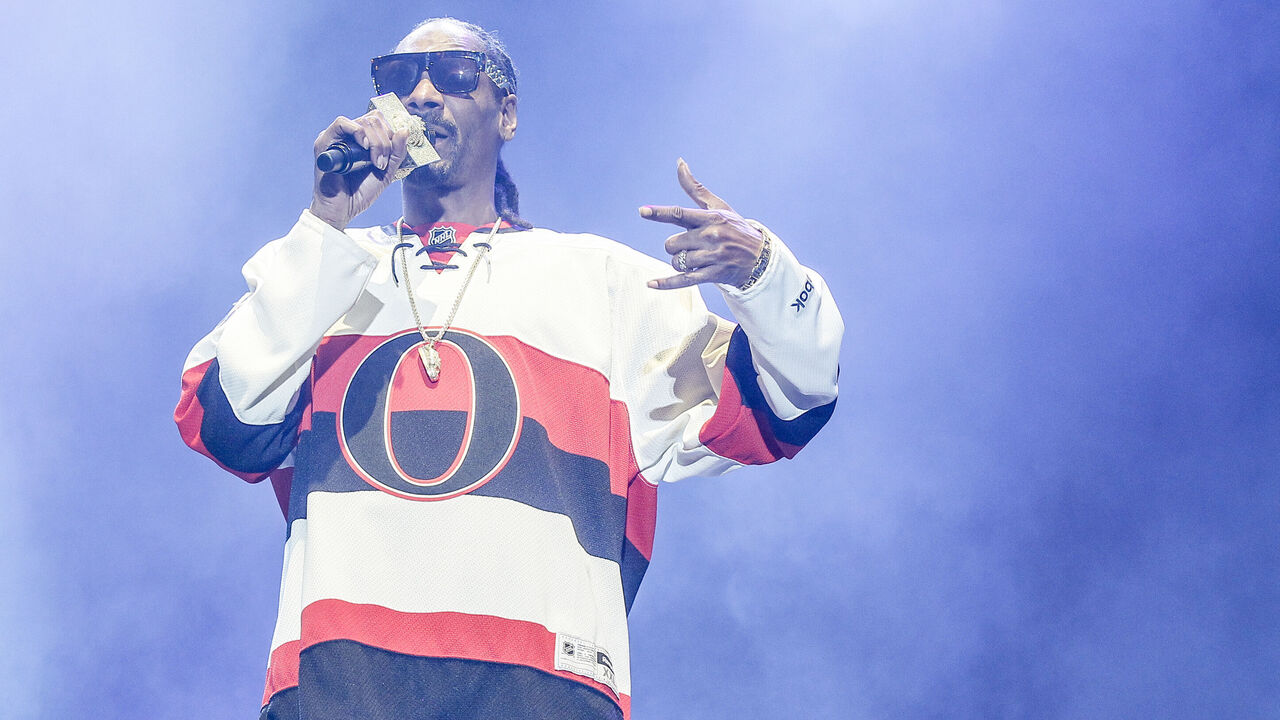
As the spectacle ballooned, Sacramento Kings governor Vivek Ranadive thought about bidding. The Weeknd aligned with Jeffrey and Michael Kimel, the venture capitalist brothers who used to own part of the Pittsburgh Penguins. Snoop Dogg, a pitchman for entrepreneur Neko Sparks' bid, shared his desire to diversify hockey at every level and end Canada's 30-year Stanley Cup drought during a media blitz in May.
Apostolopoulos, the presumptive top bidder at the May 15 submission deadline, quit the process last week as negotiations dragged on.
Nonetheless, this is set to be the most lucrative recent NHL franchise sale. The Senators commanded a greater windfall than the Penguins did in 2021 ($900 million) and the Nashville Predators did this year ($880 million).
The real-estate opportunity involved explains why the price skyrocketed.
The Canadian Tire Centre, the Senators' home since 1996, was constructed on farmland in the suburb of Kanata about 25 kilometers west of downtown. In 2016, the franchise was awarded the right to build an arena on federal land in the LeBreton Flats neighborhood, within walking distance of Parliament and the city core. Strife between Melnyk and his business partner torpedoed the project.
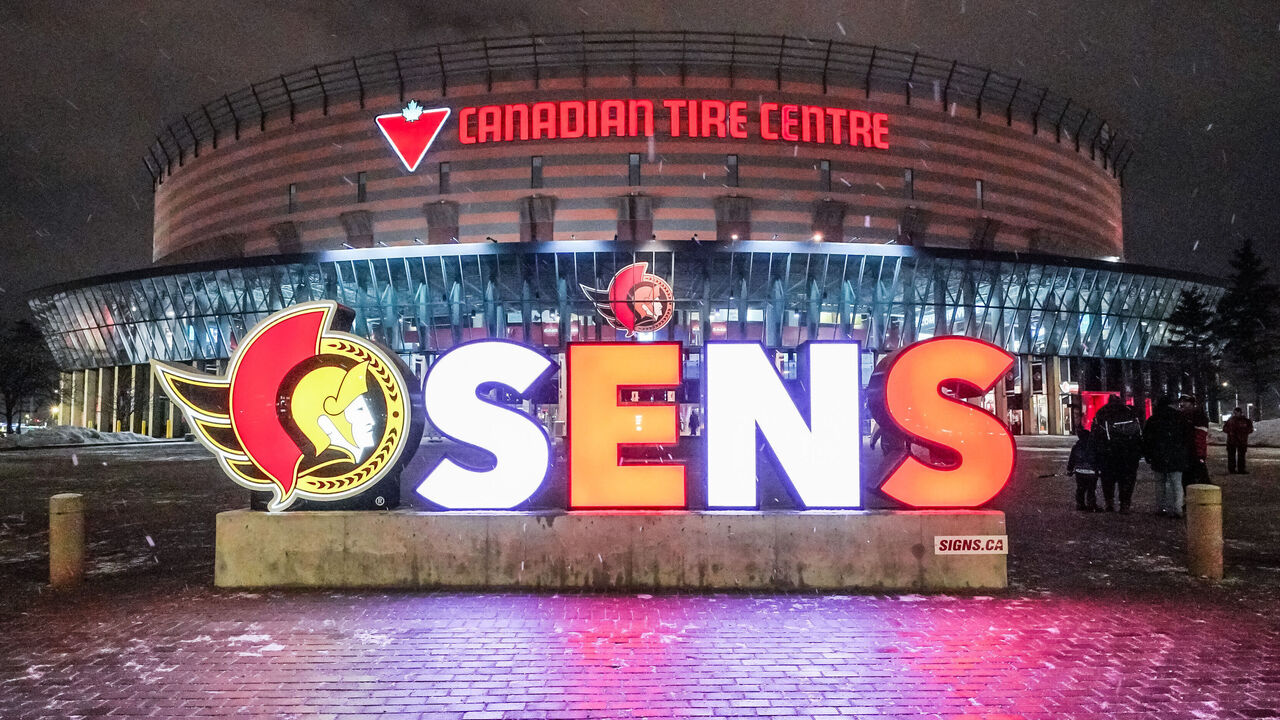
The Senators struck a new agreement in 2022 with Canada's National Capital Commission. Andlauer has the chance to negotiate a lease in the next several months to build an arena and wider entertainment district on the LeBreton land. Reynolds' financial backer, the Remington Group, reportedly hoped to hammer out an arena deal with the NCC before acquiring the Sens, but its request for an exclusive window to hold those talks was denied.
When negotiations start, Andlauer could ask the NCC to grant him access to more land than the six acres at the LeBreton plot that are earmarked for the arena. Or he could try to build a rink elsewhere in Ottawa, perhaps on city land in another central location. Remaining in Kanata and refurbishing the CTC is a third option. His preference should become evident soon.
Andlauer has already scored one big victory. Ottawa's hockey future is his to shape. His decisions will influence where the Senators play for decades to come and how they perform on the ice. The right moves could propel the core that's already in place to the playoffs annually.
As Bryden once put it, there's more than a chance that will happen.
Nick Faris is a features writer at theScore.
Copyright © 2023 Score Media Ventures Inc. All rights reserved. Certain content reproduced under license.
